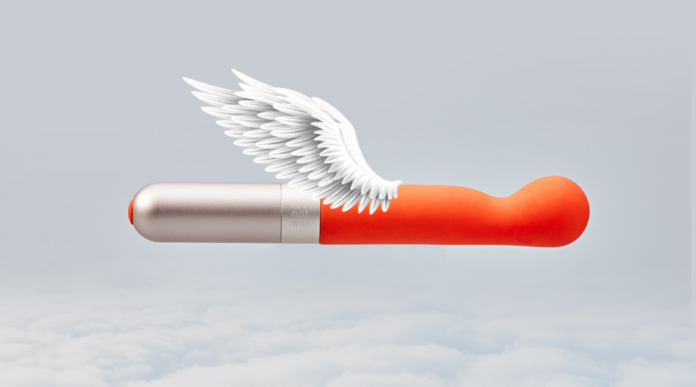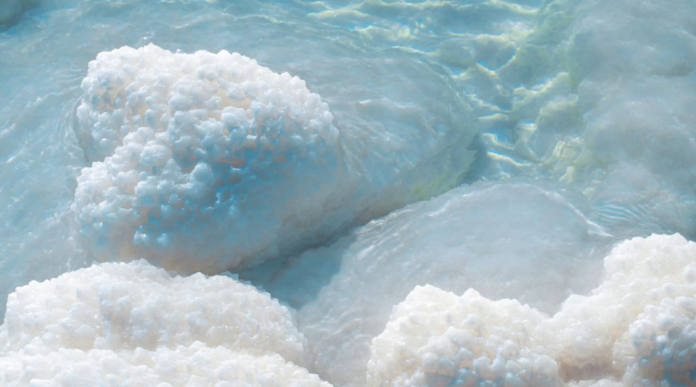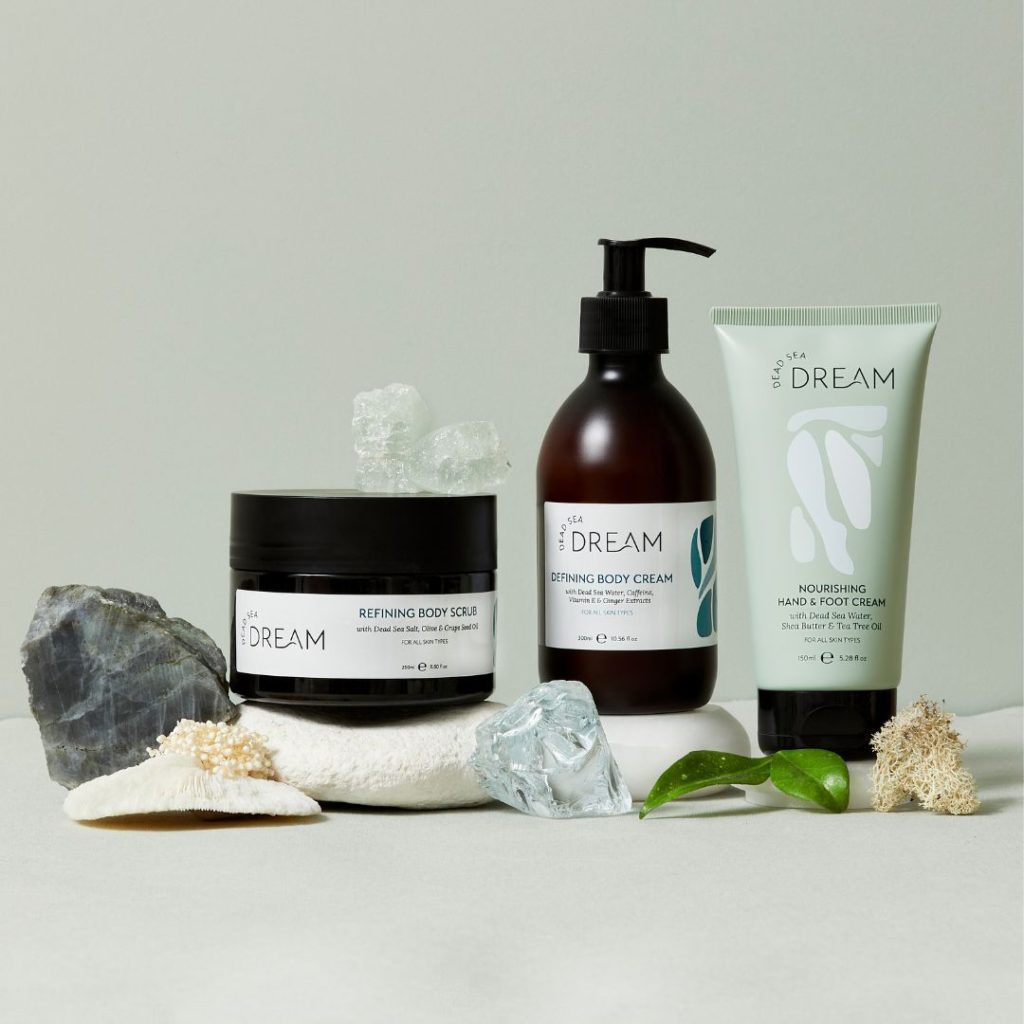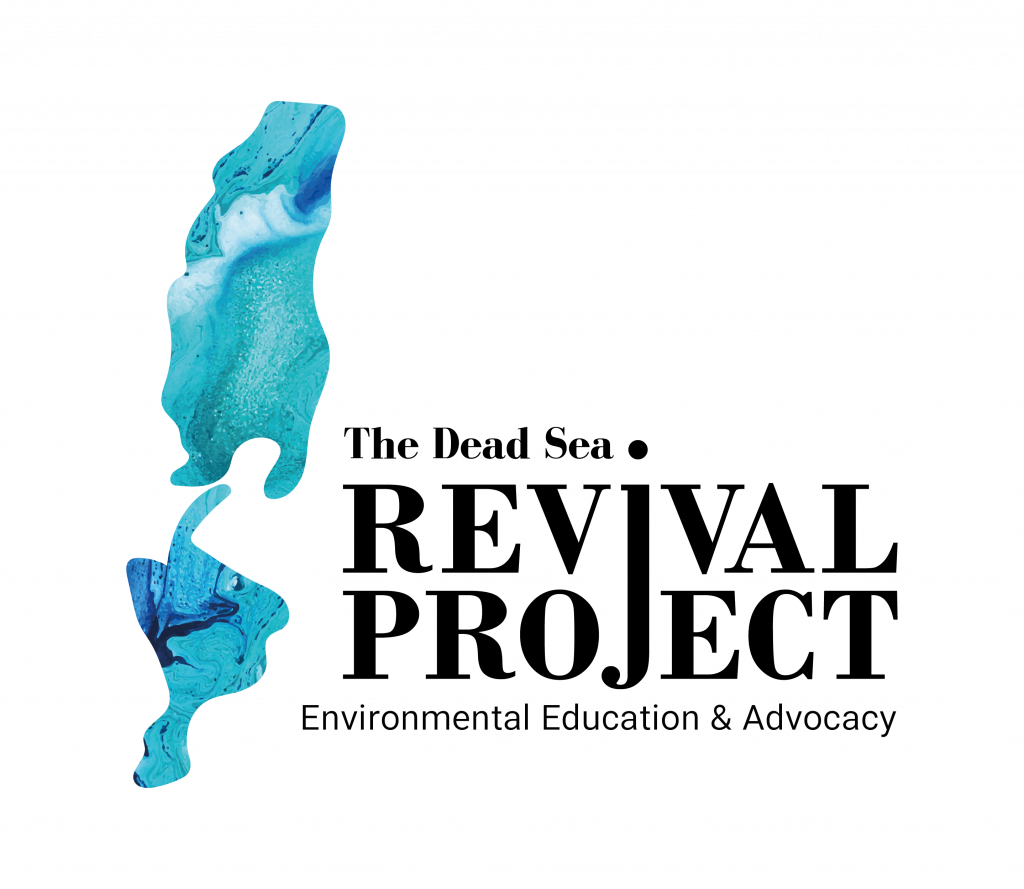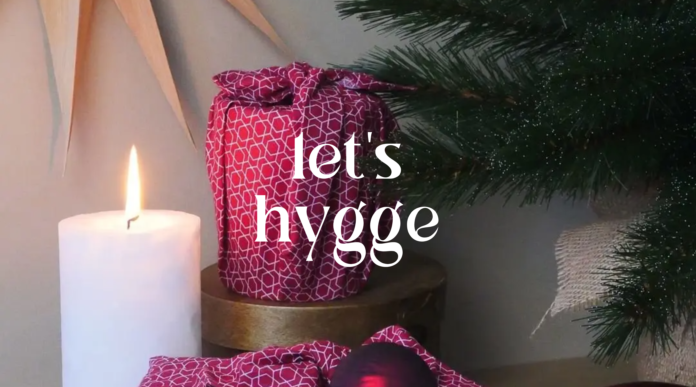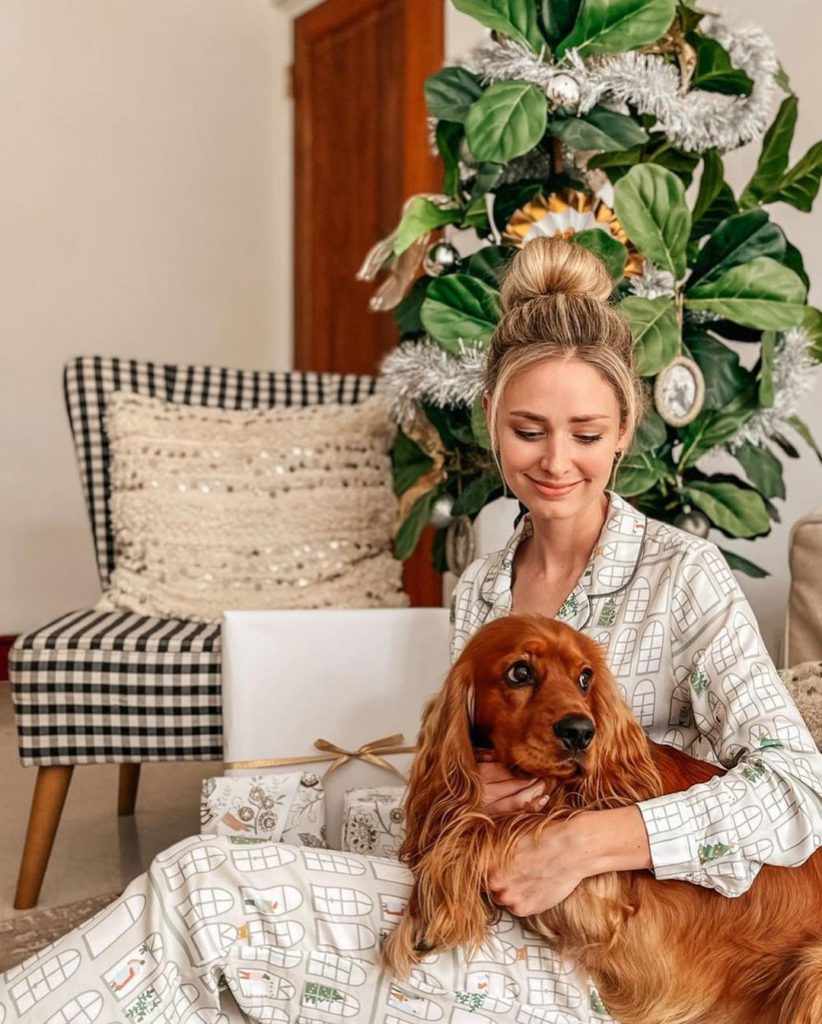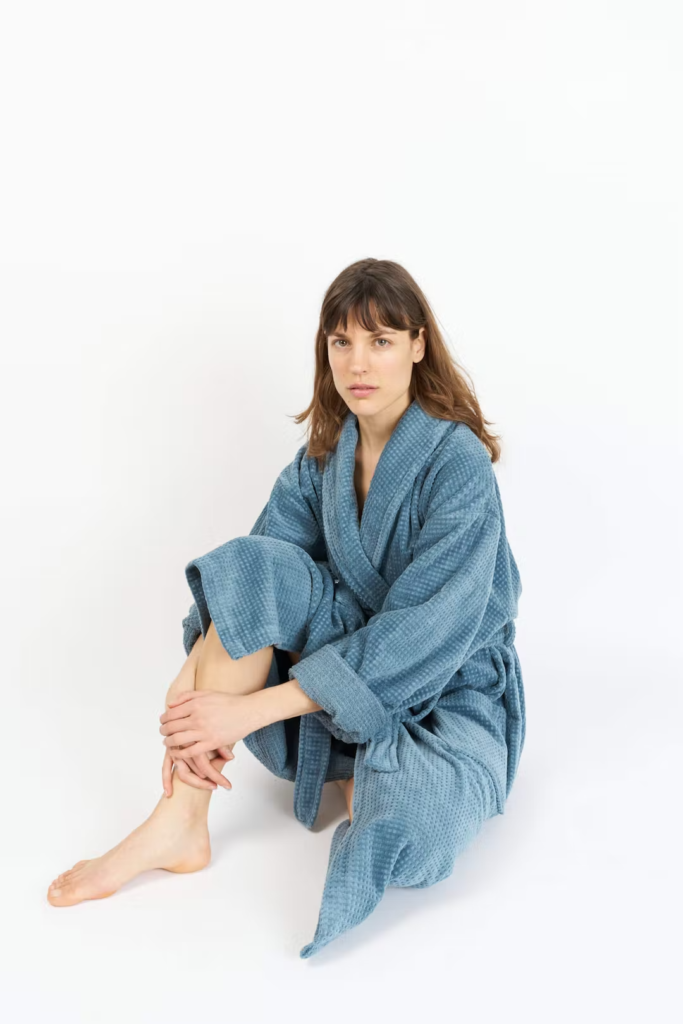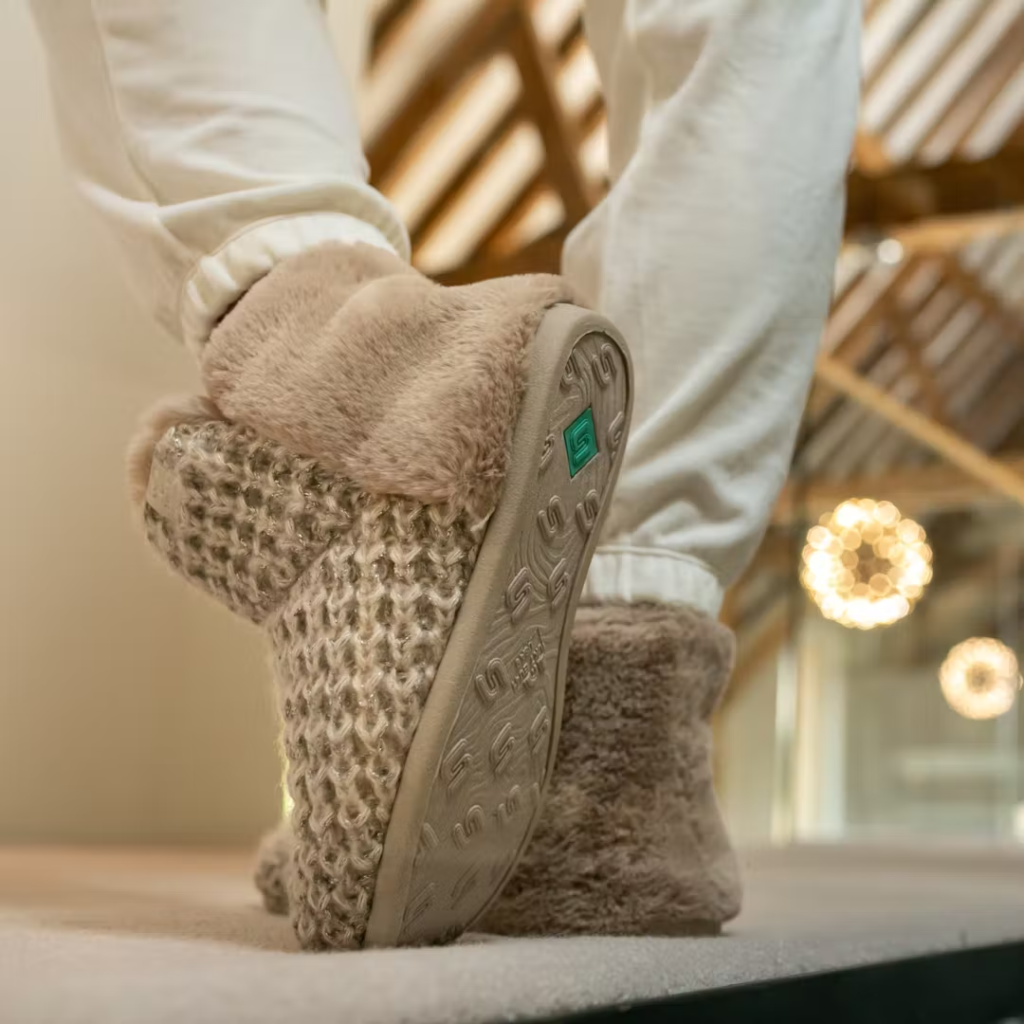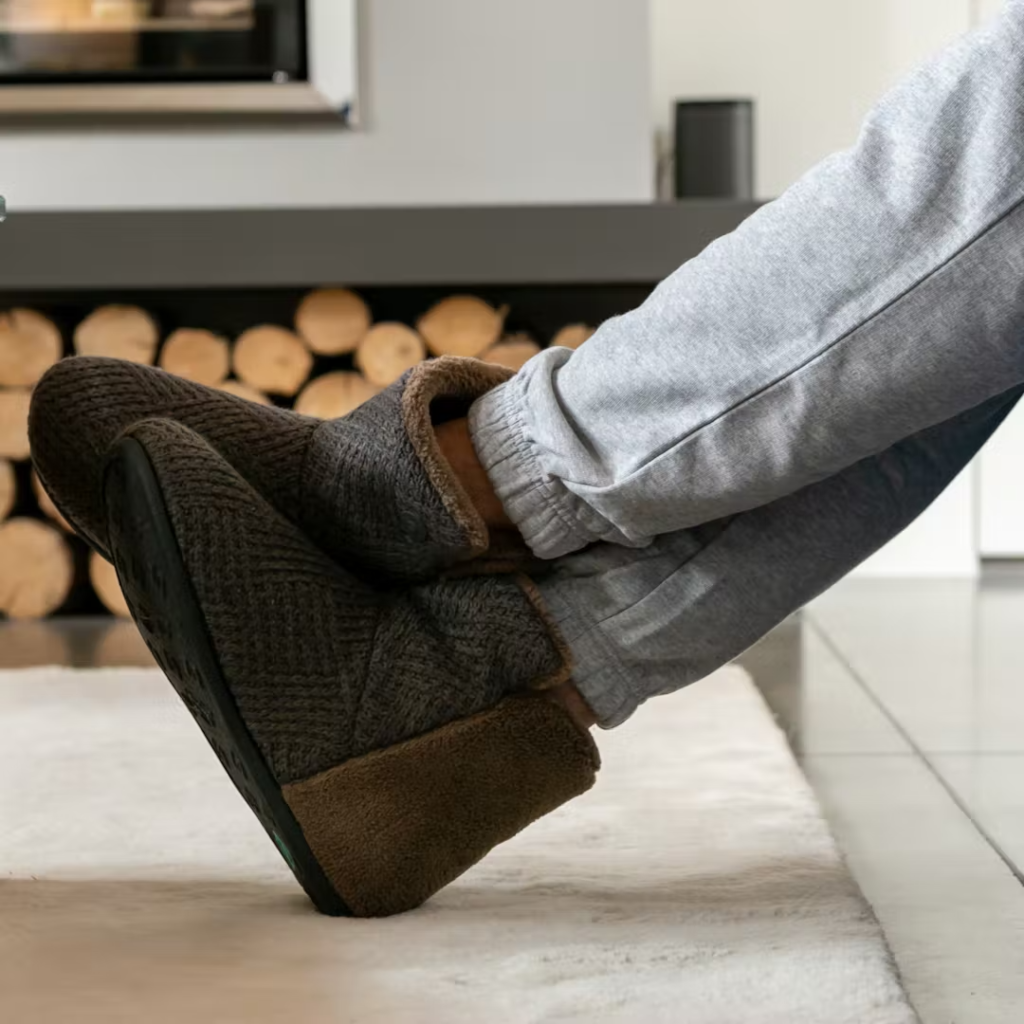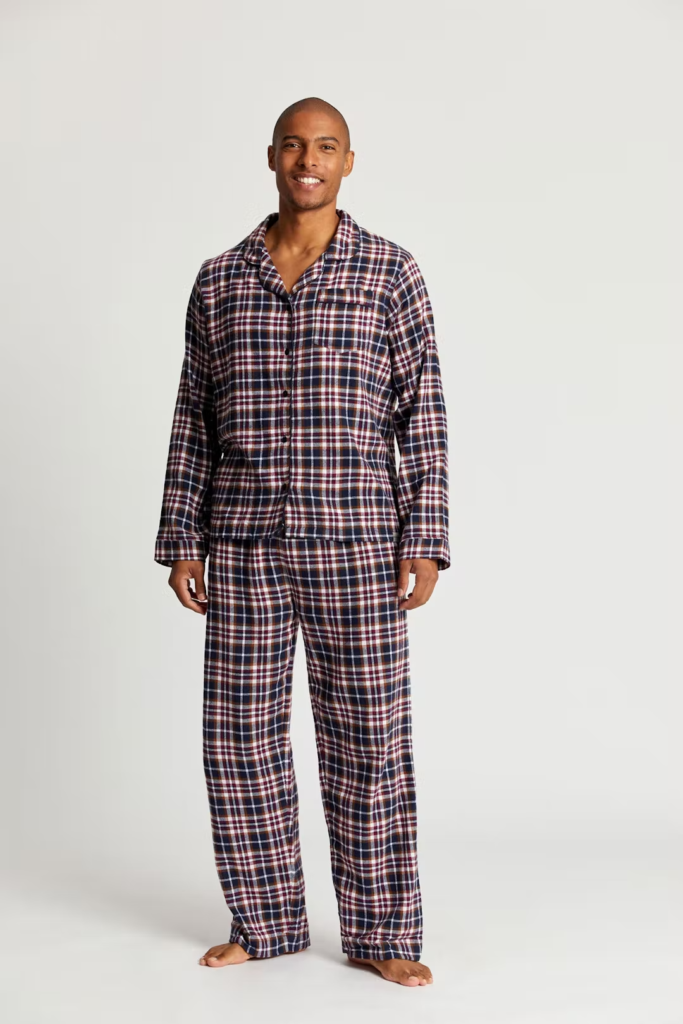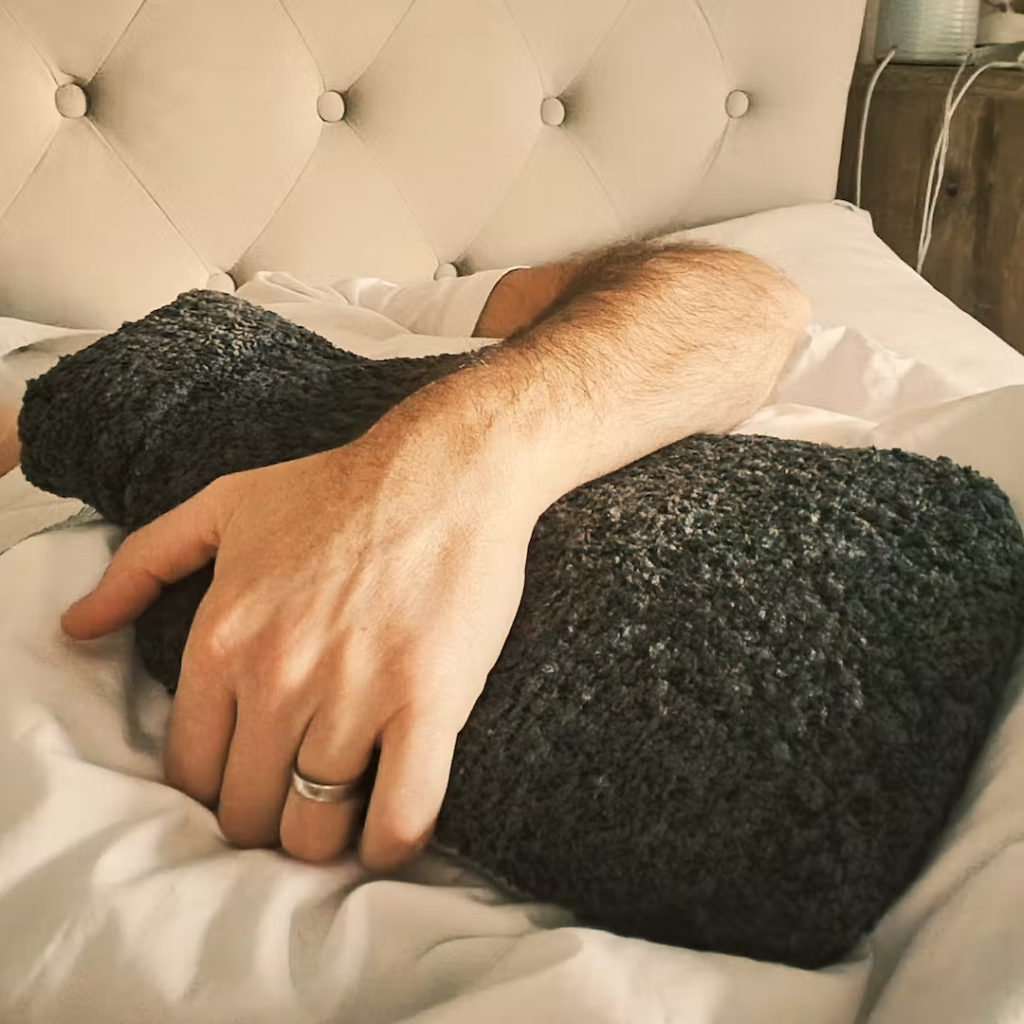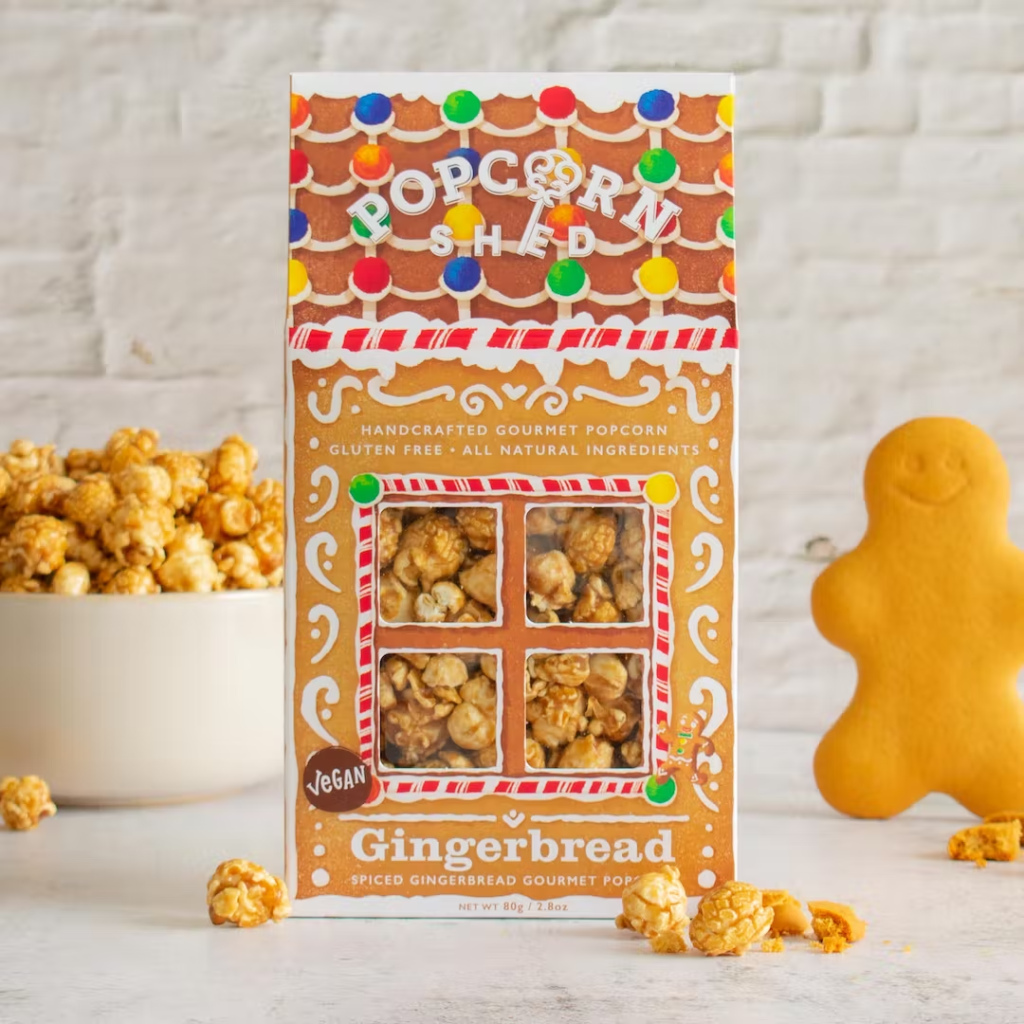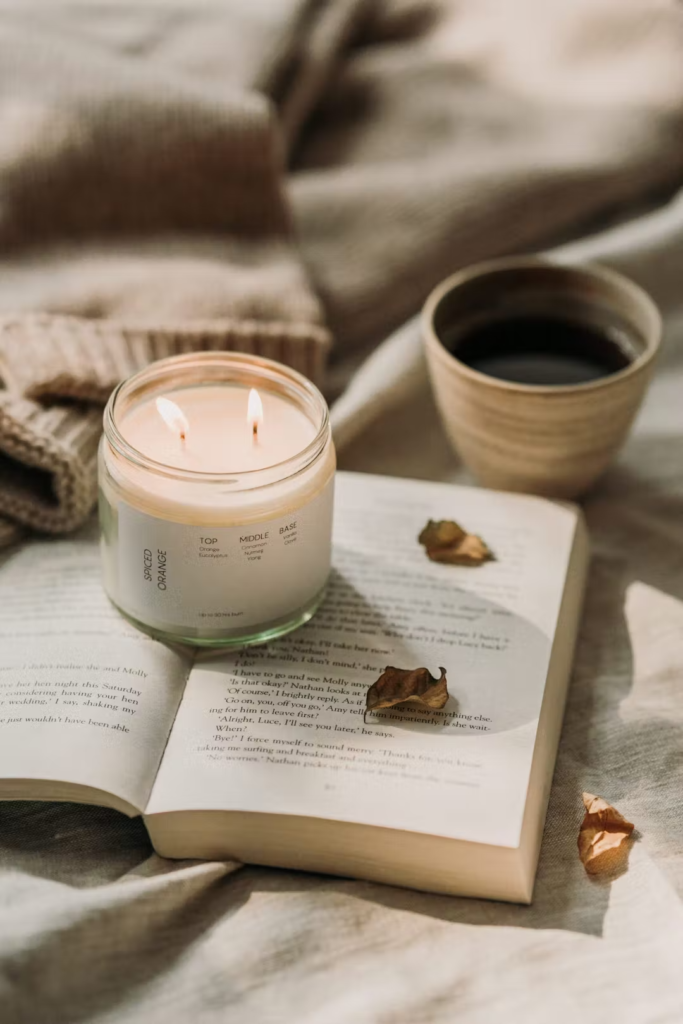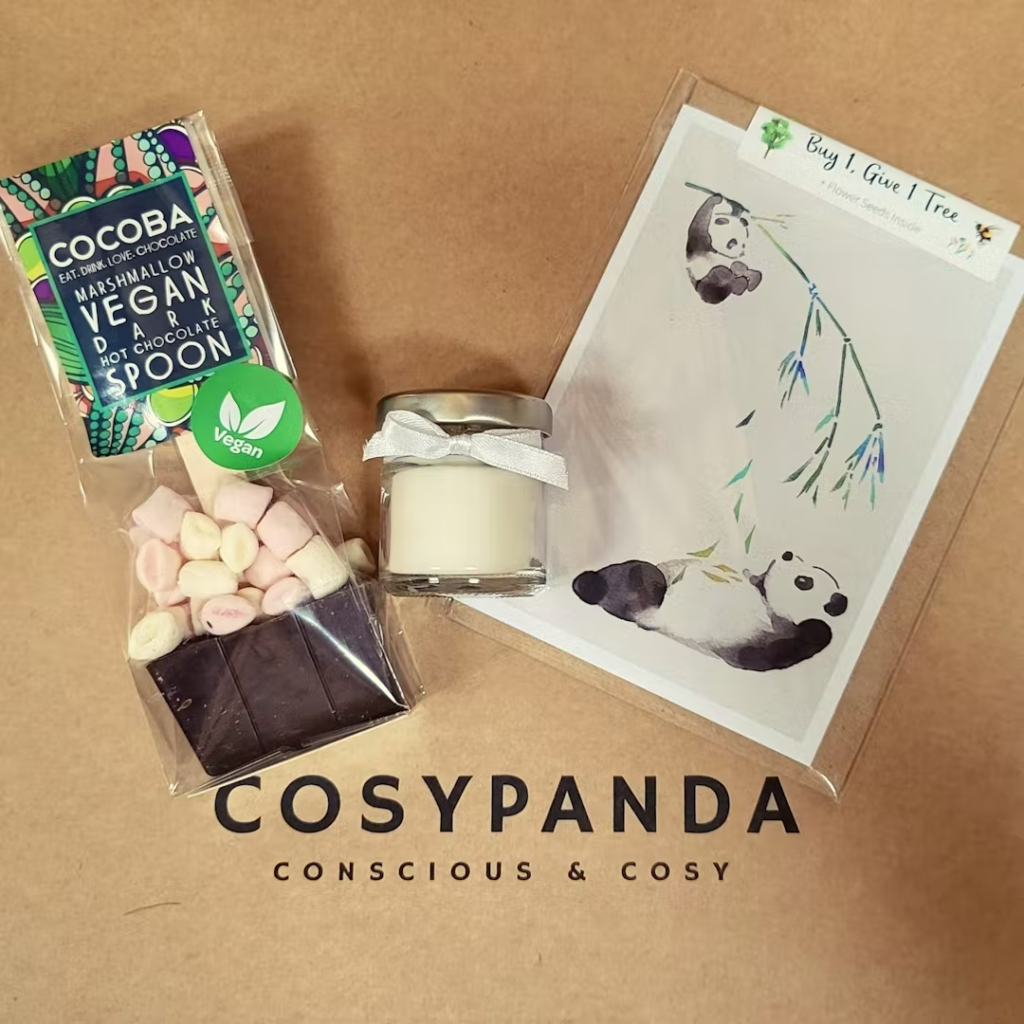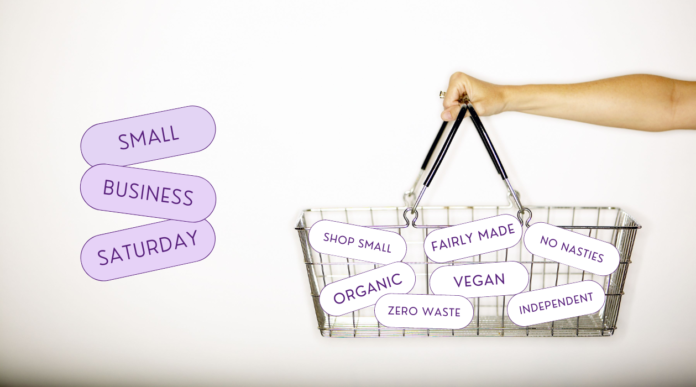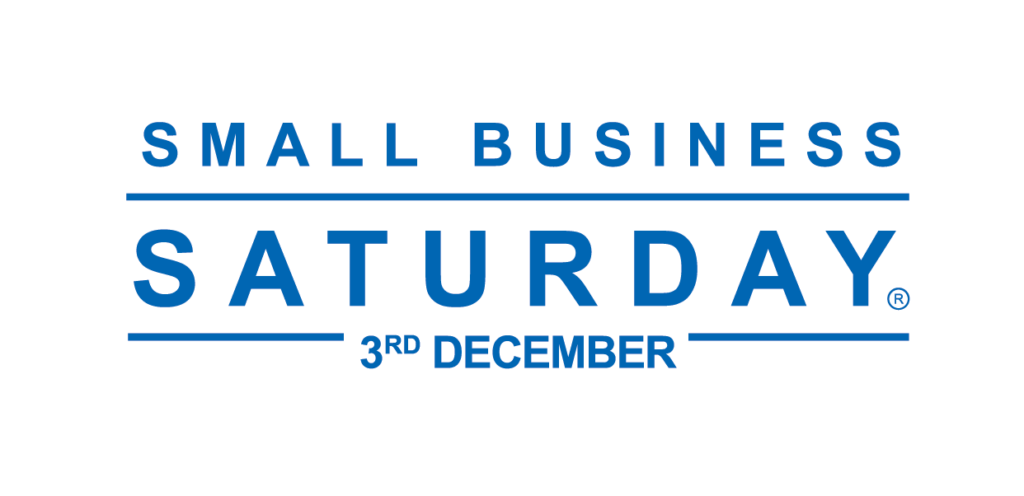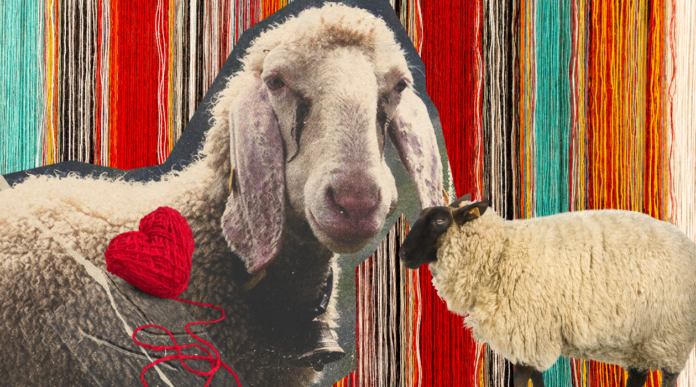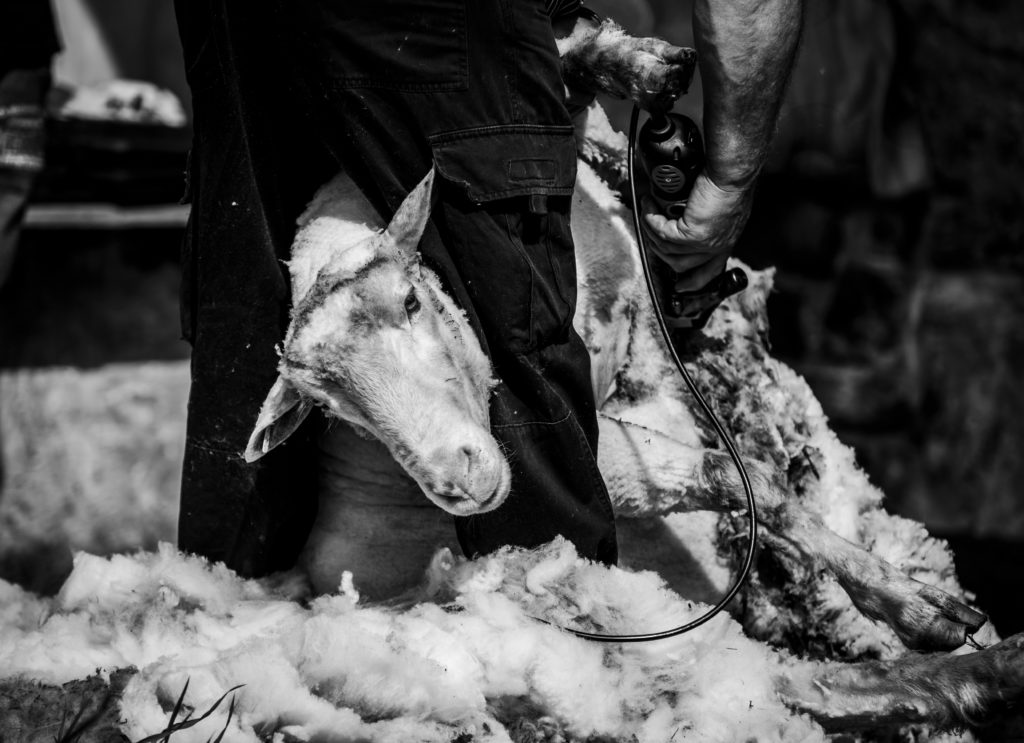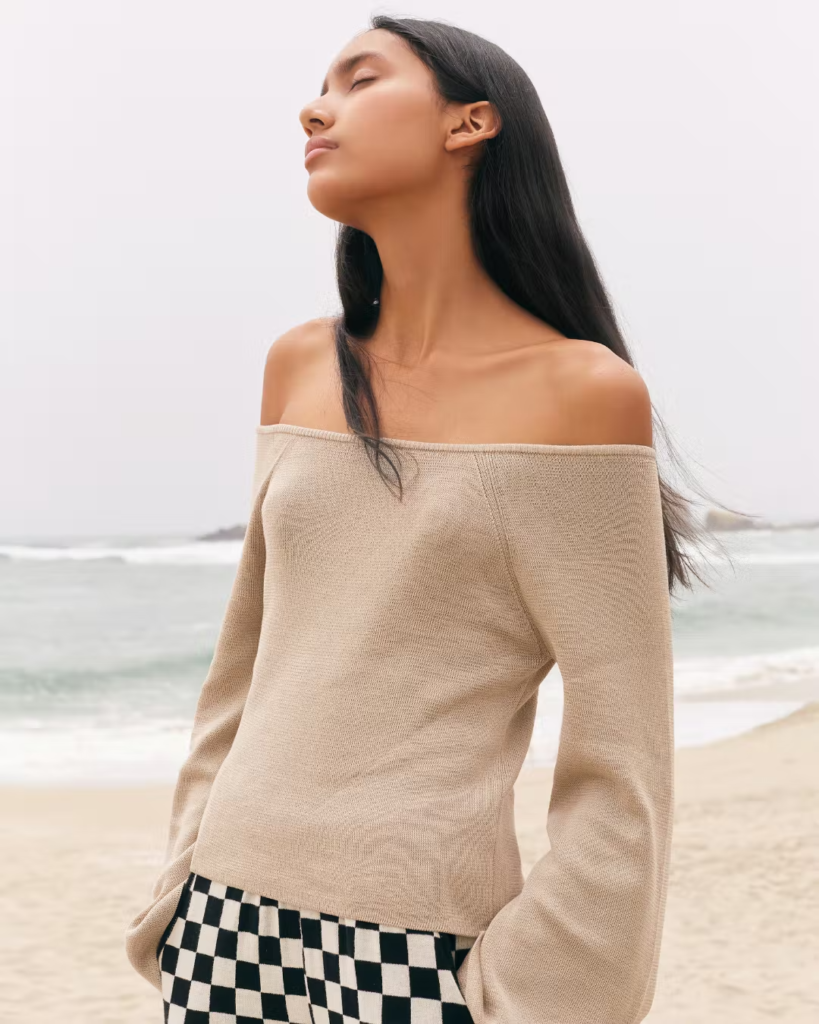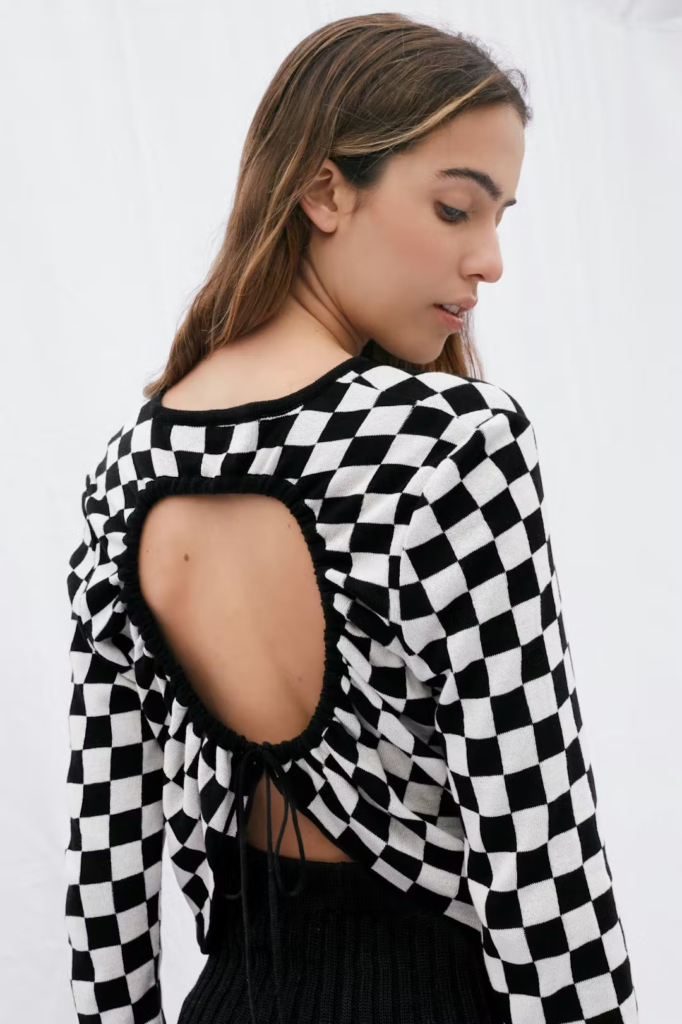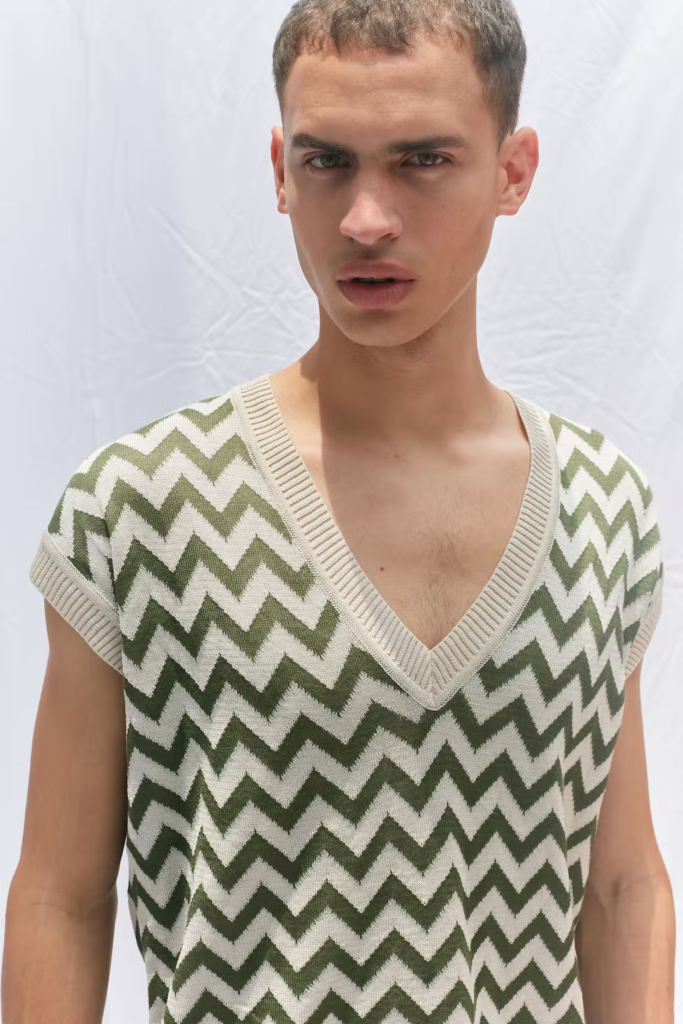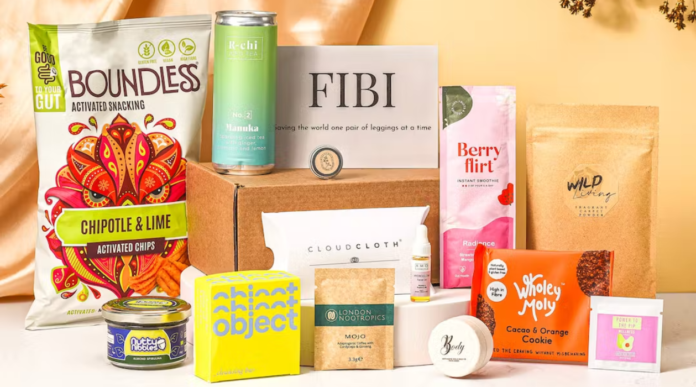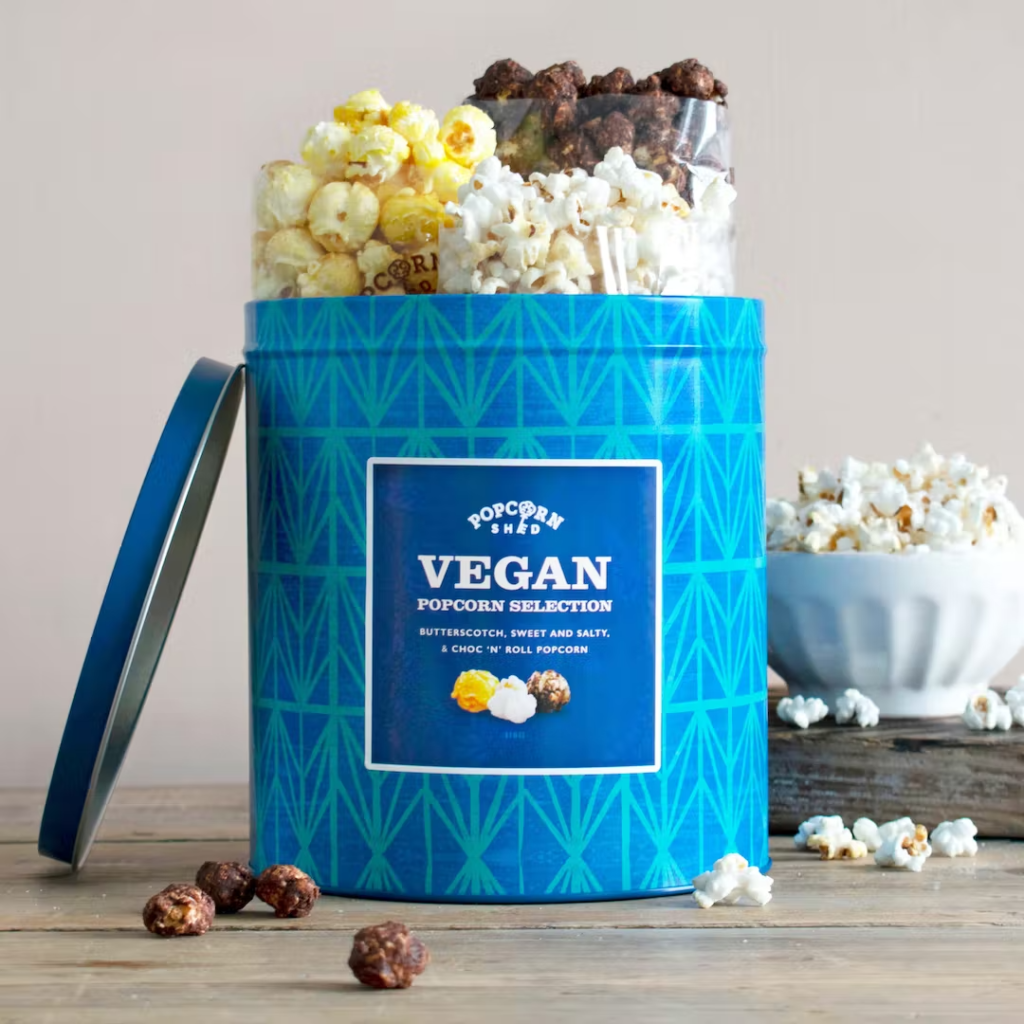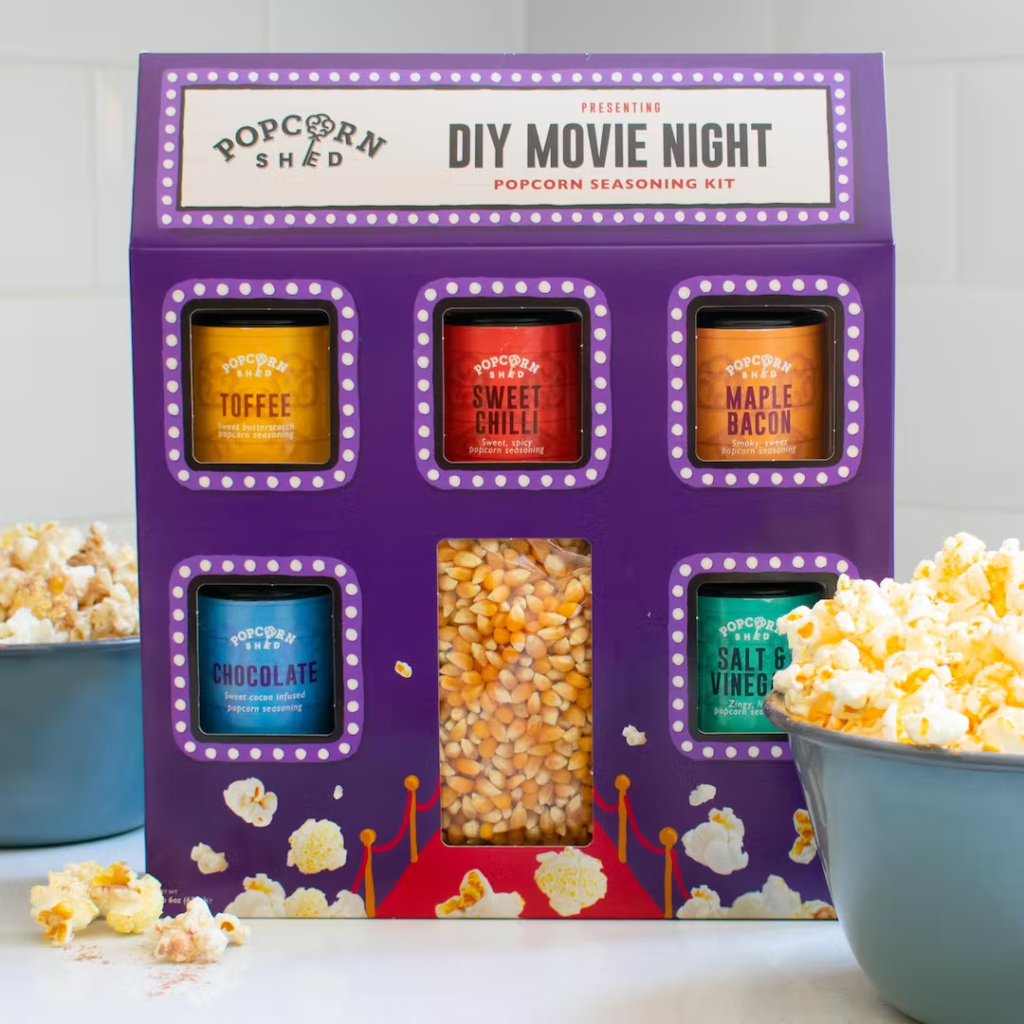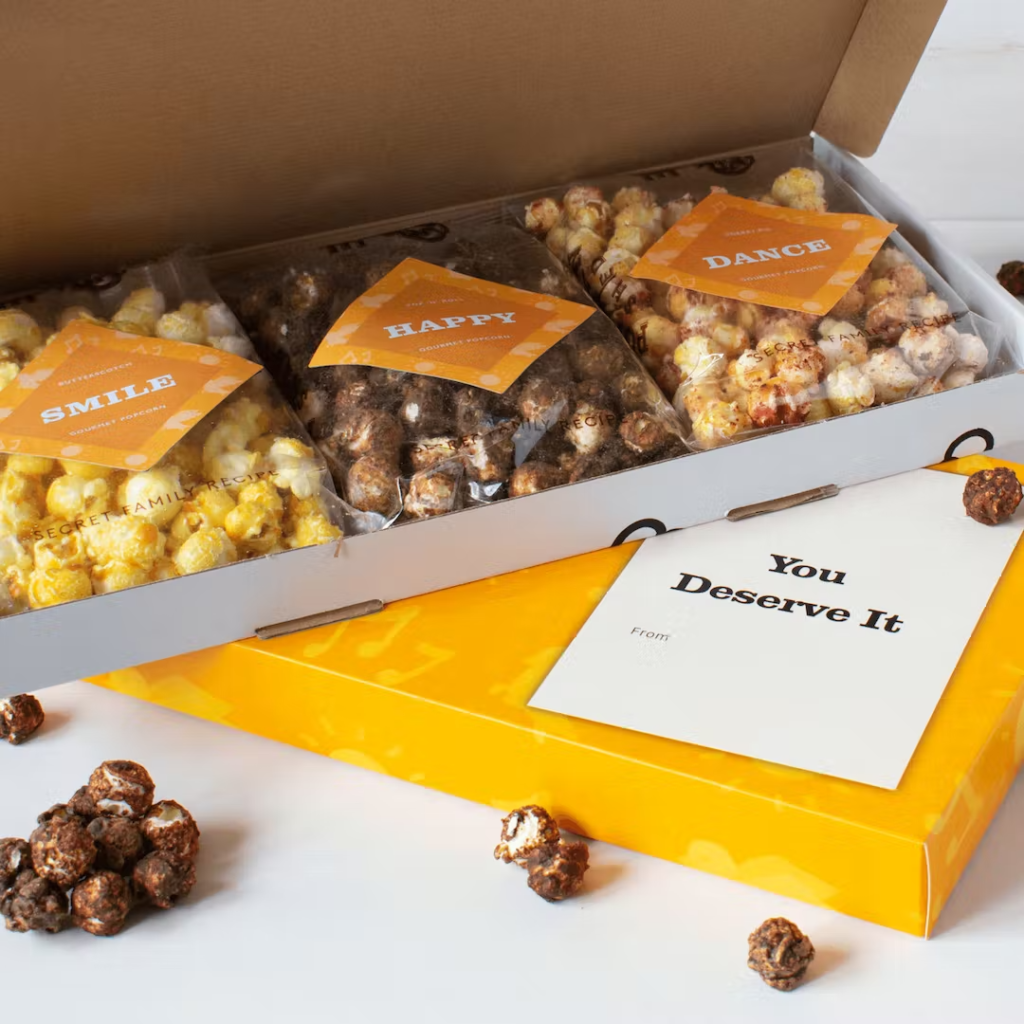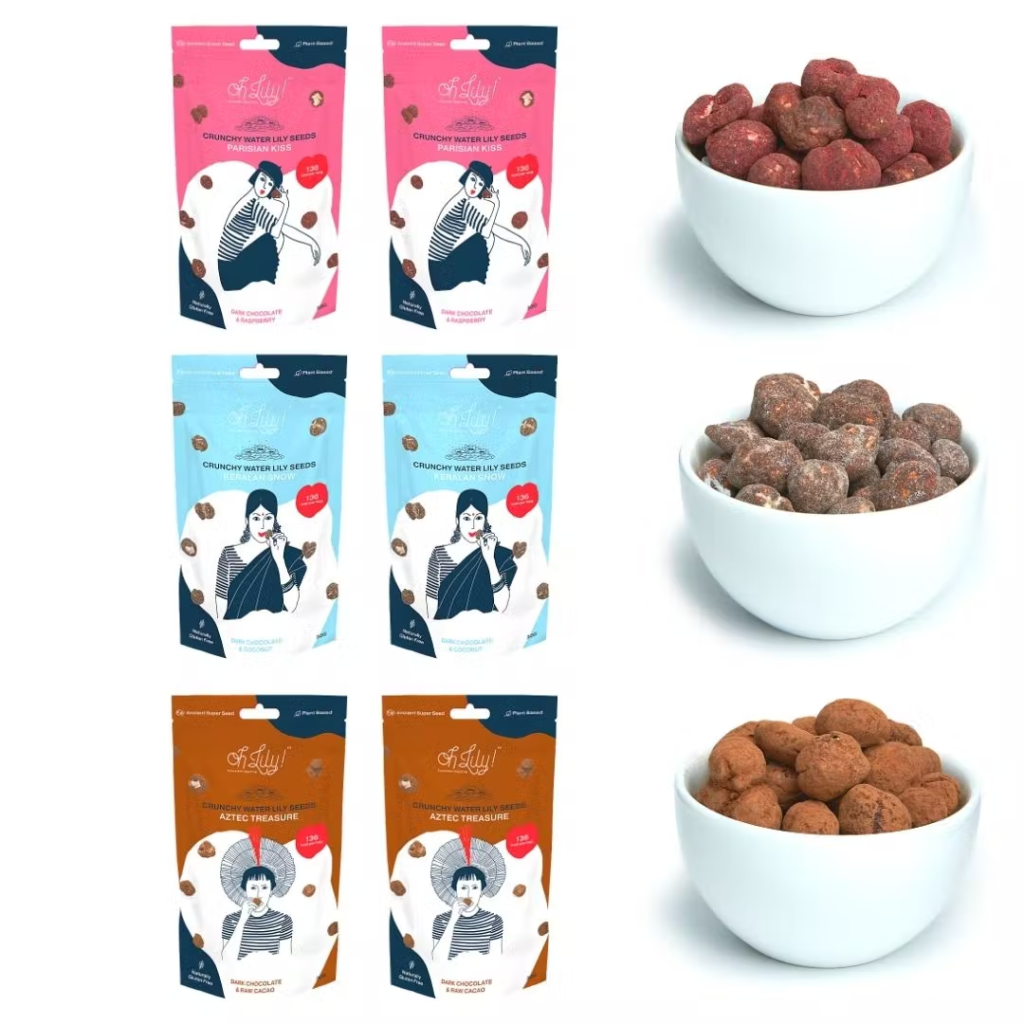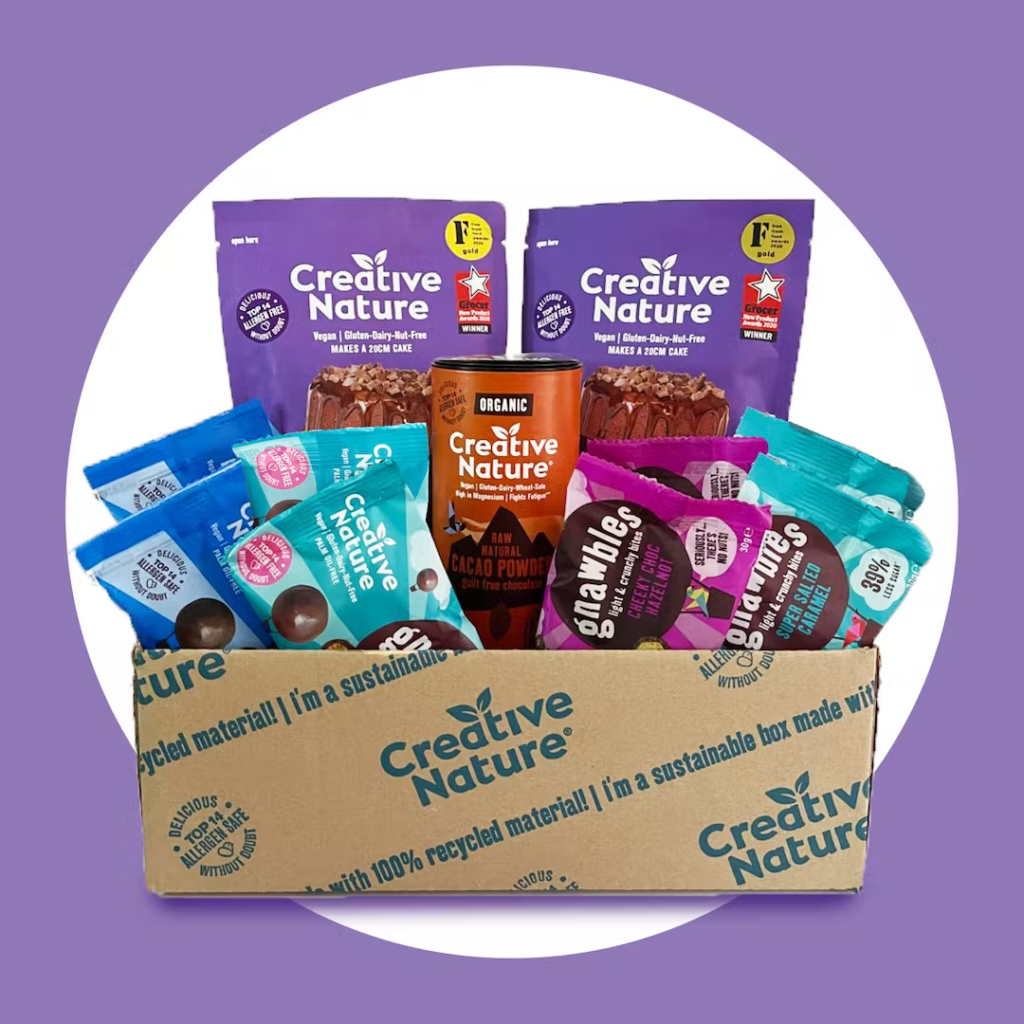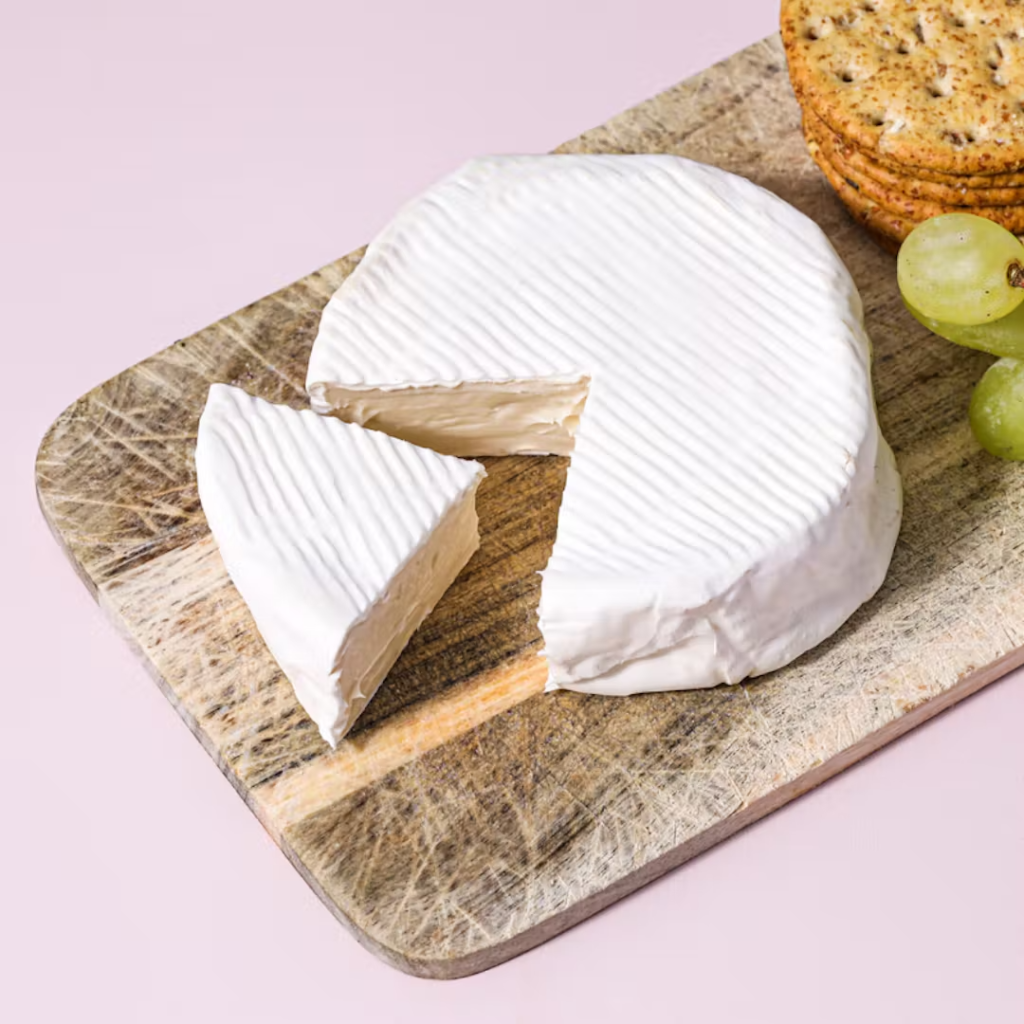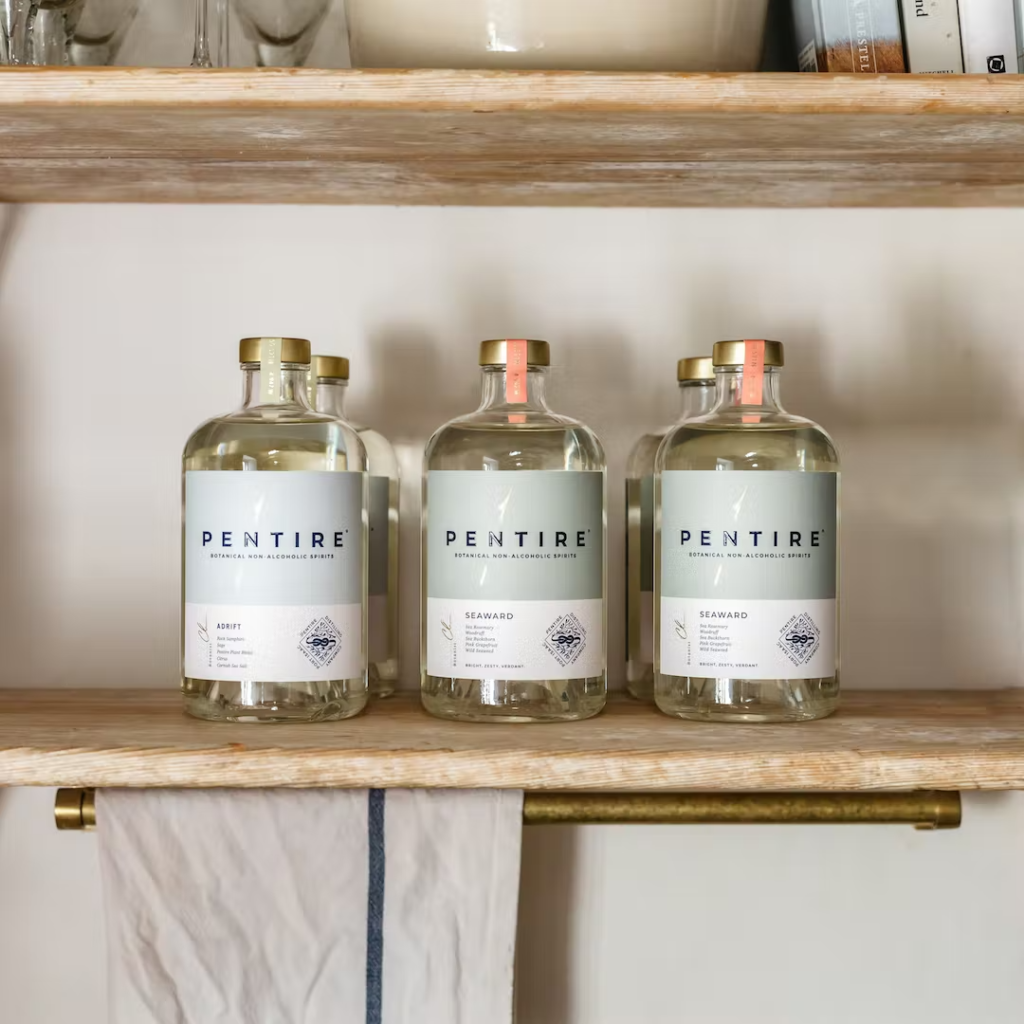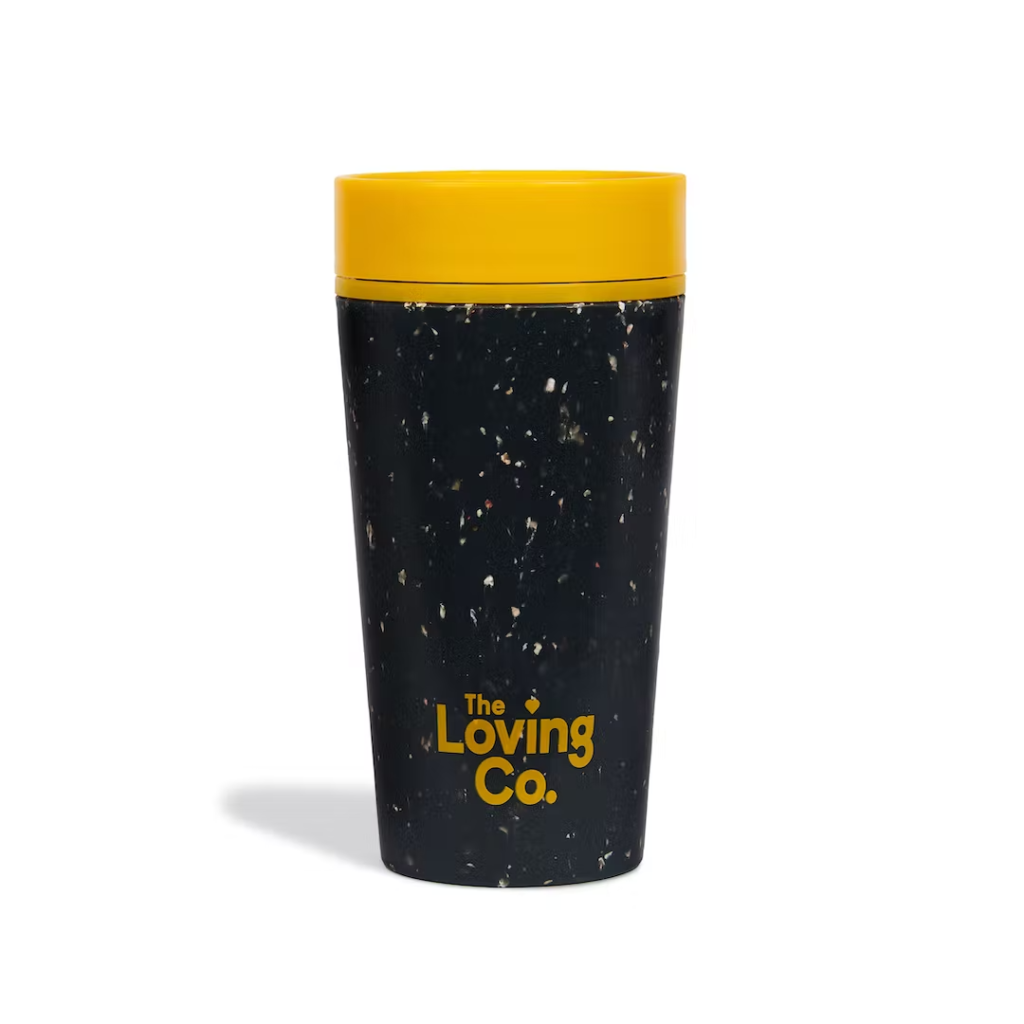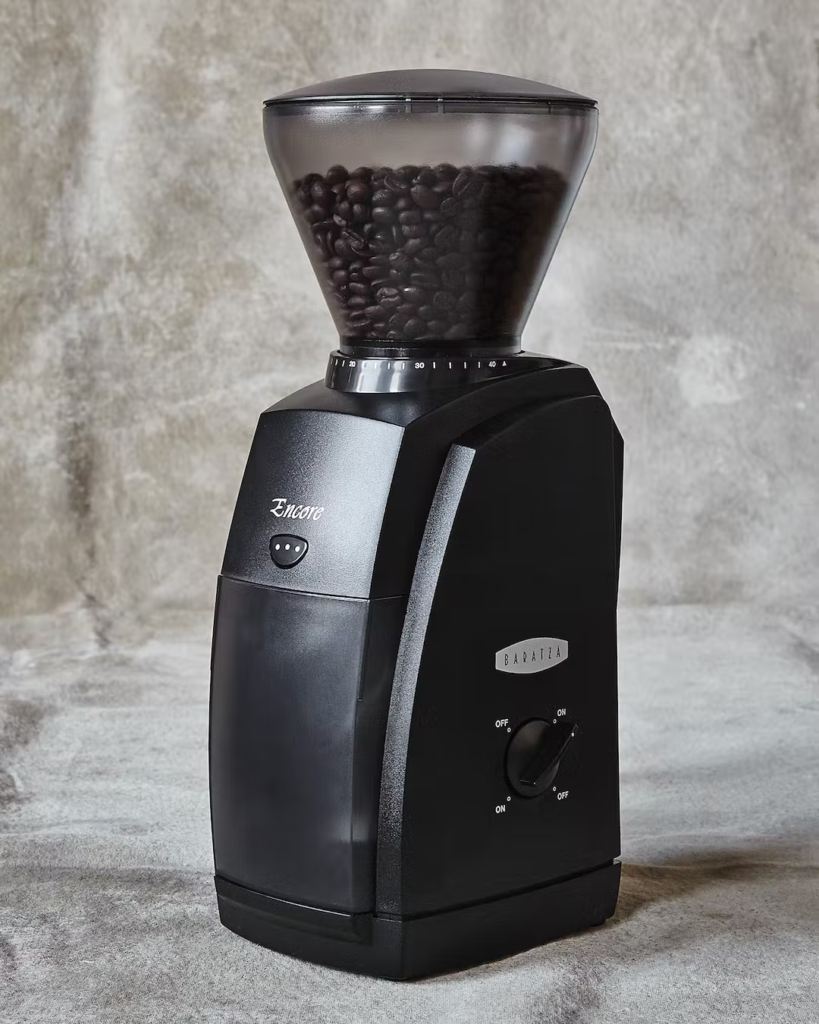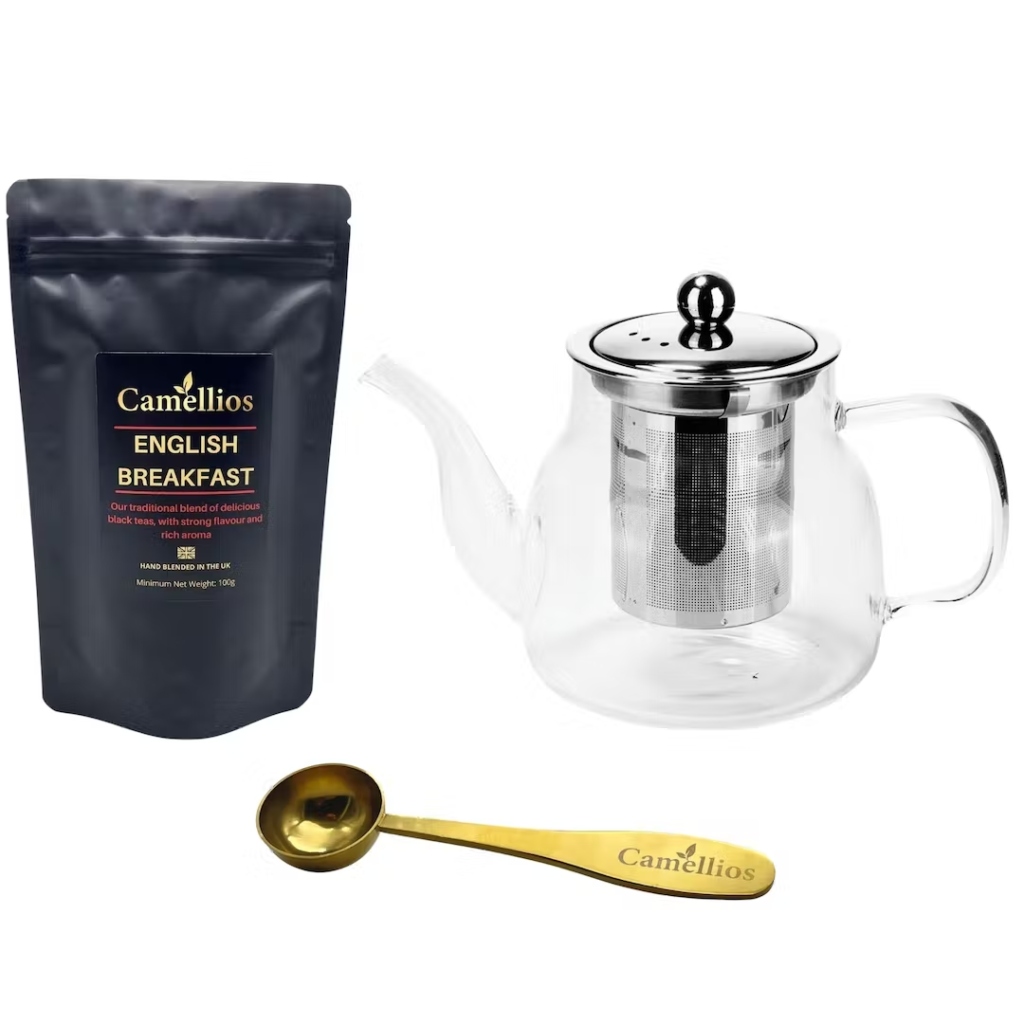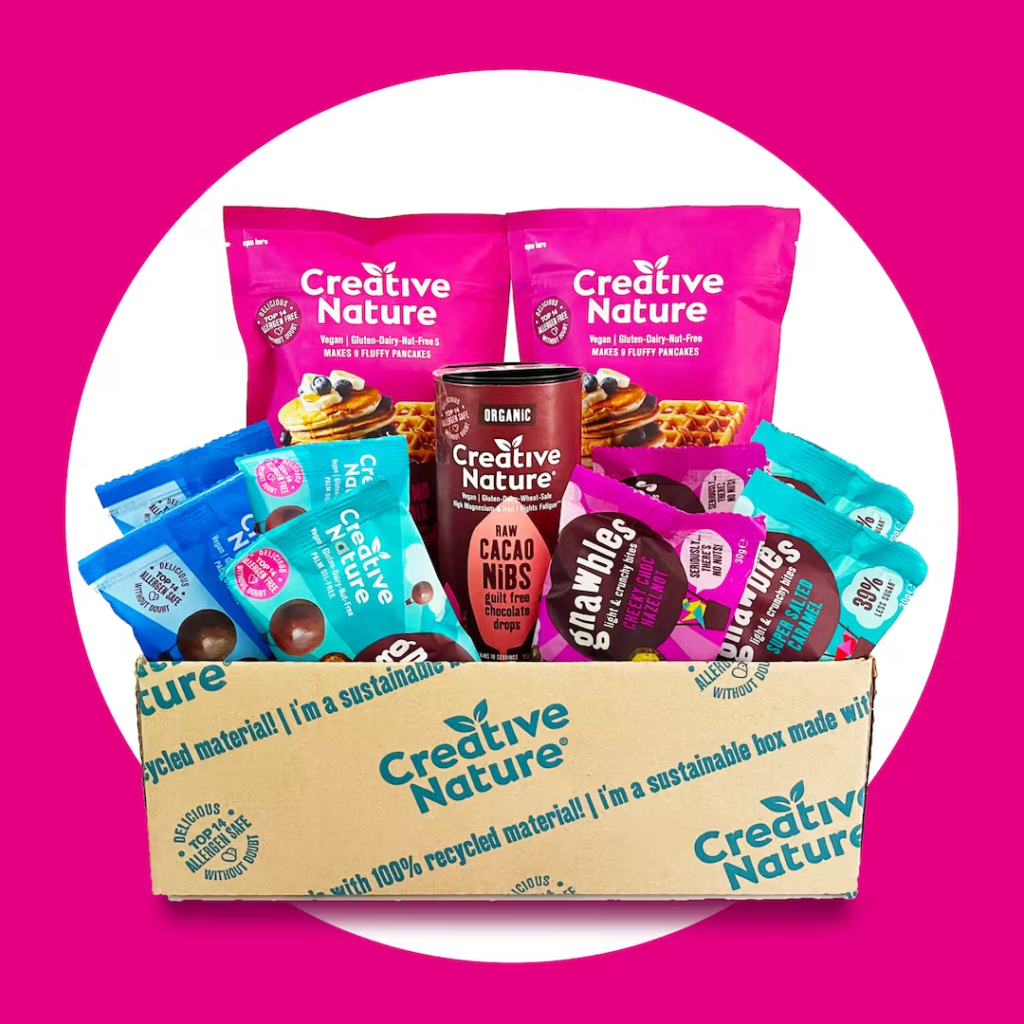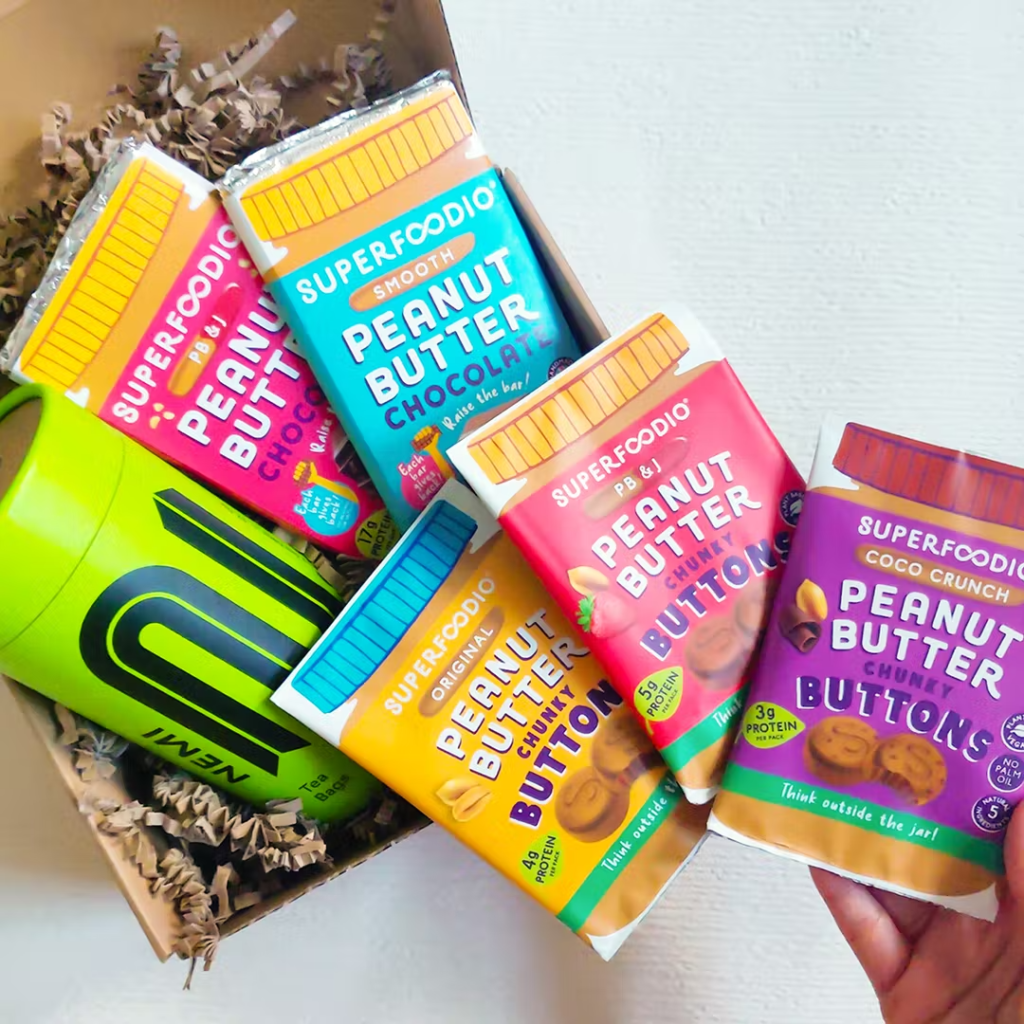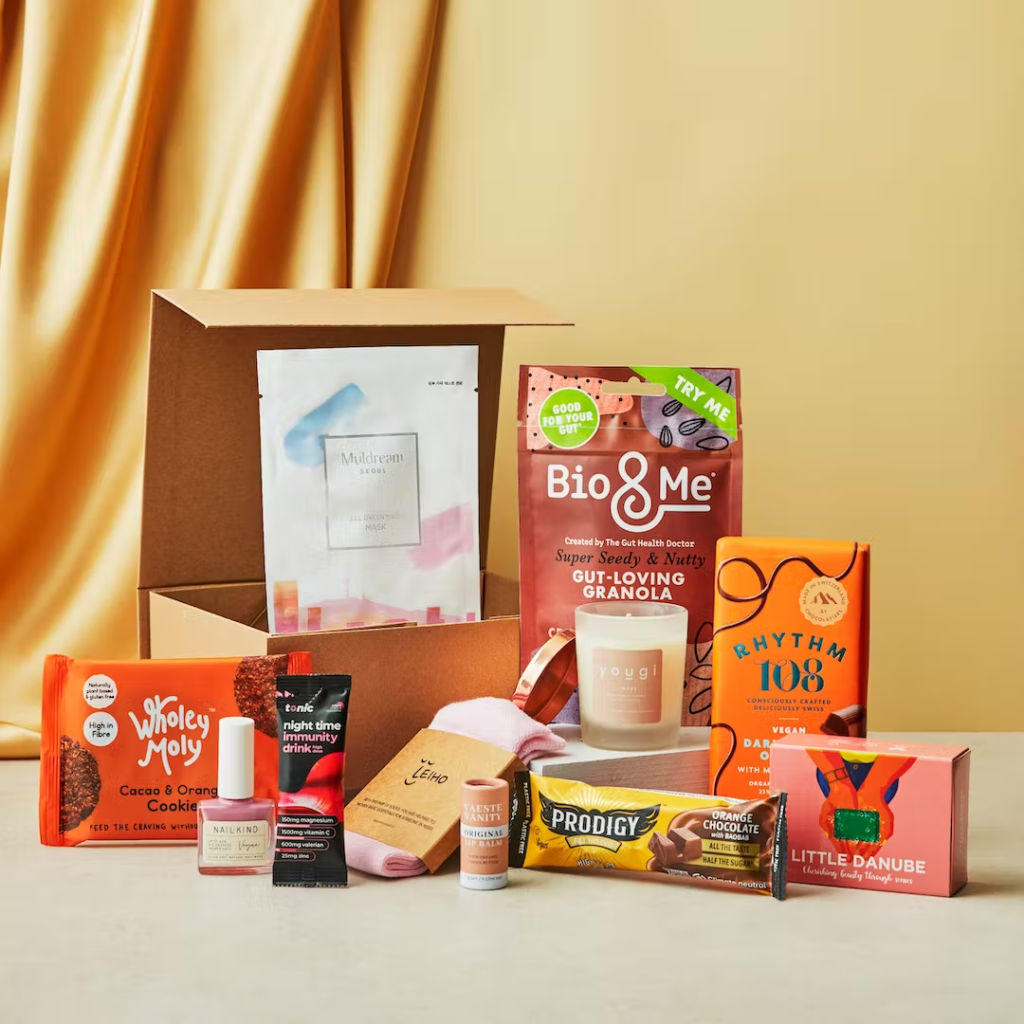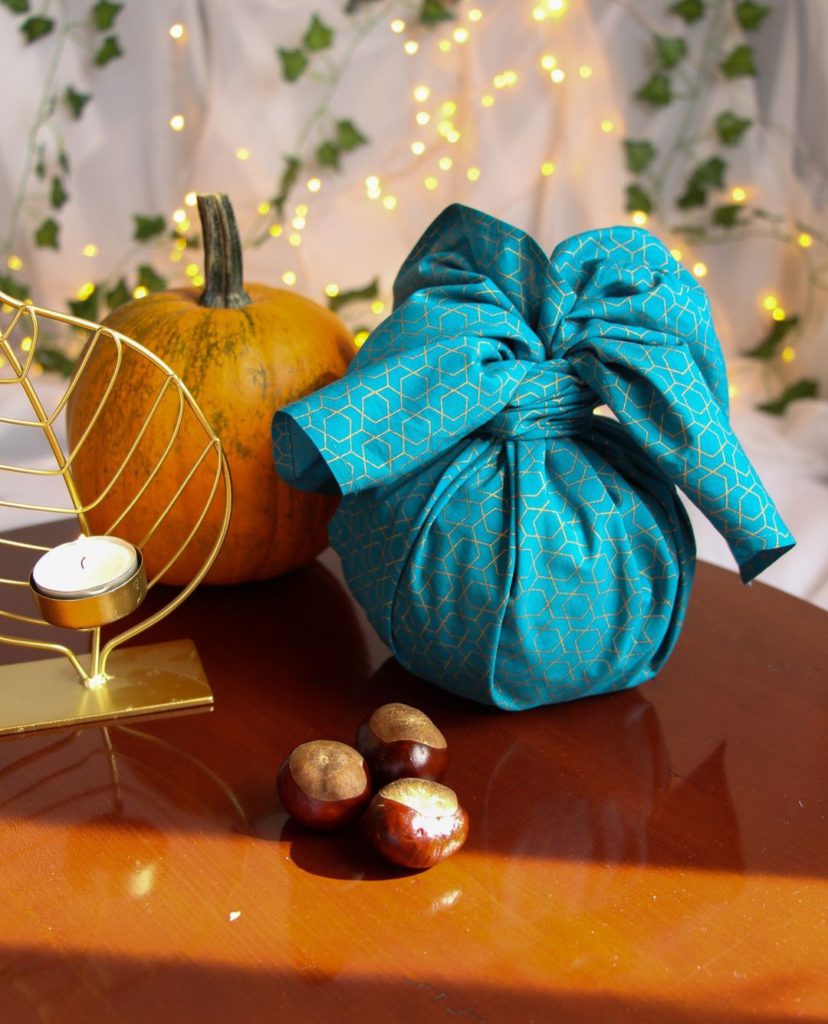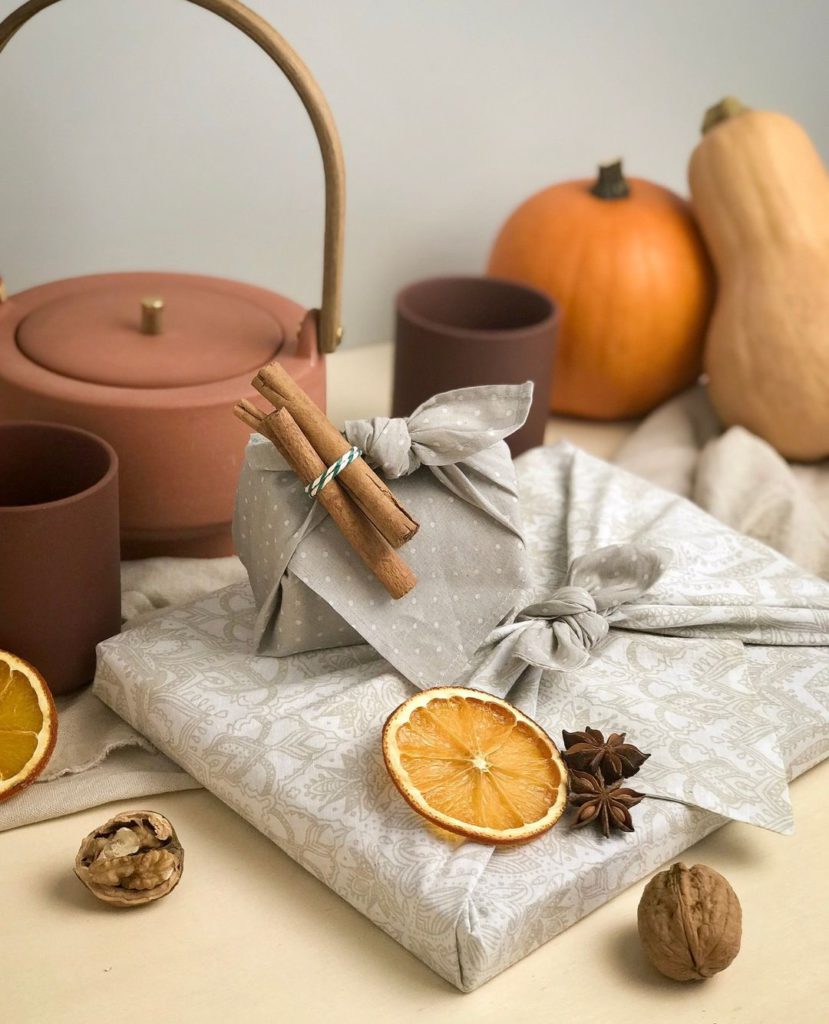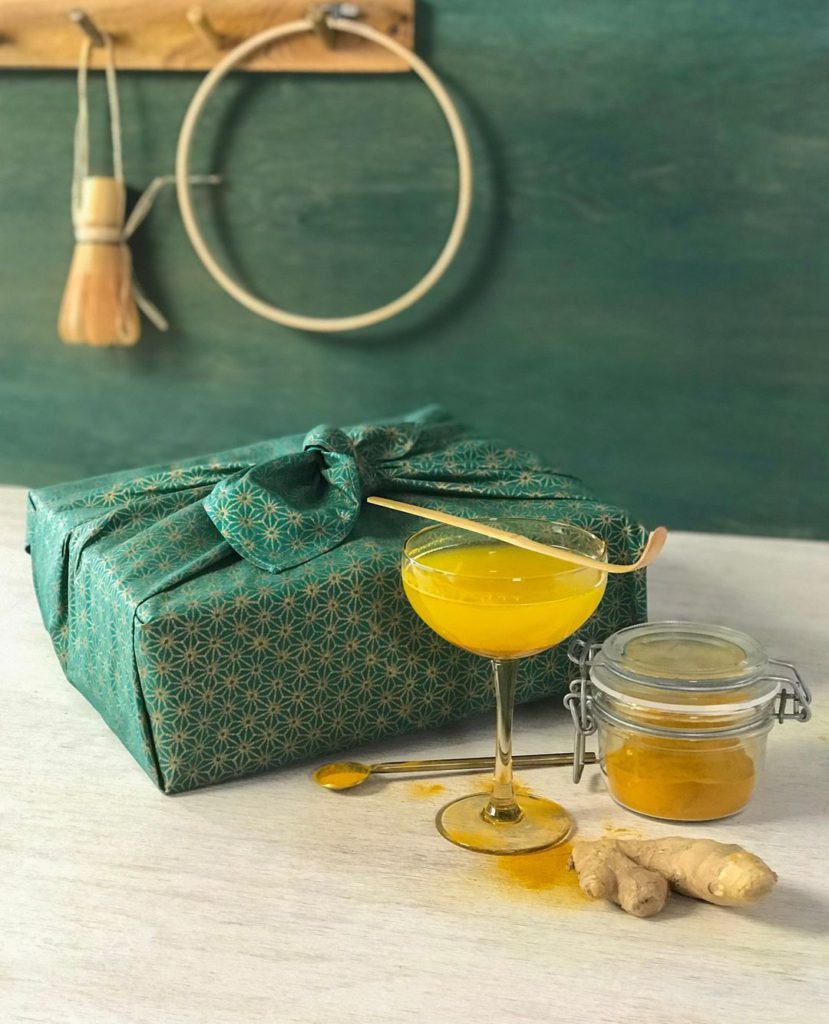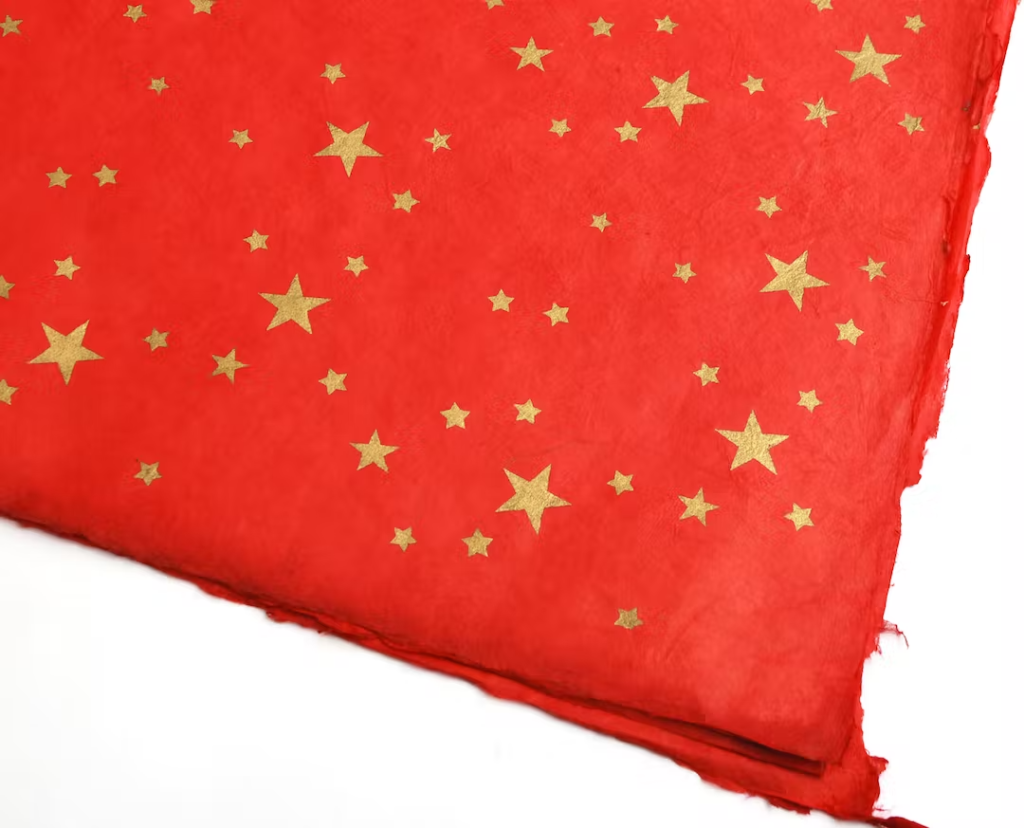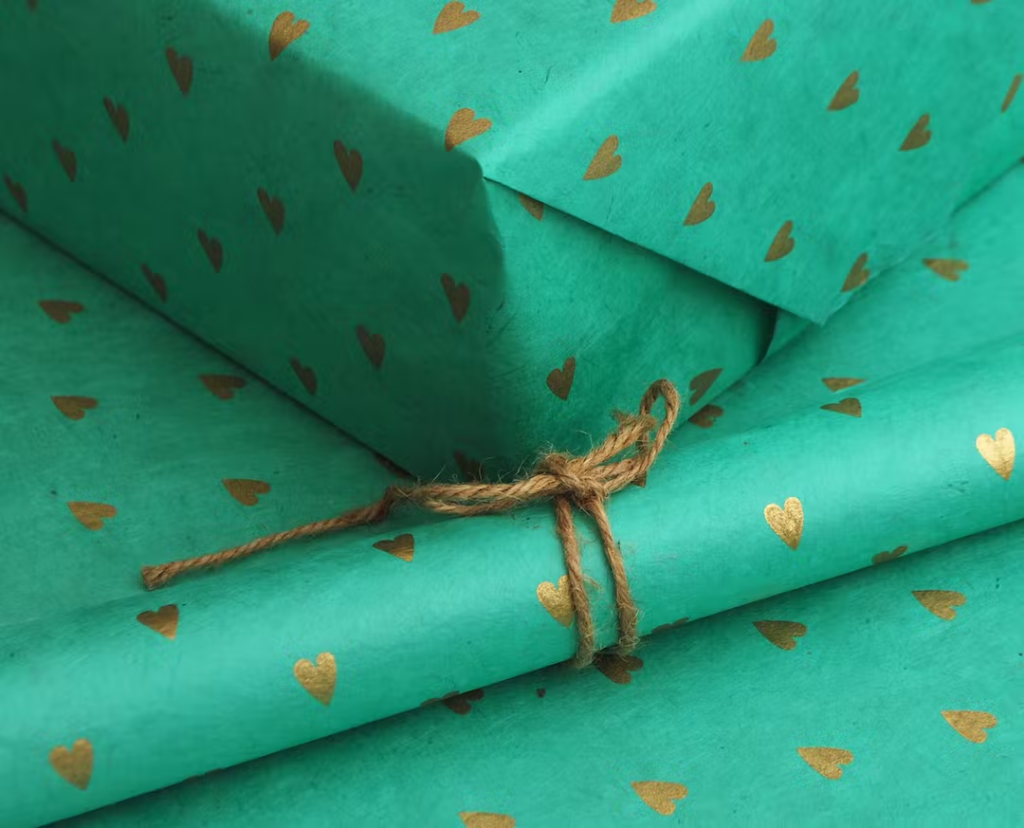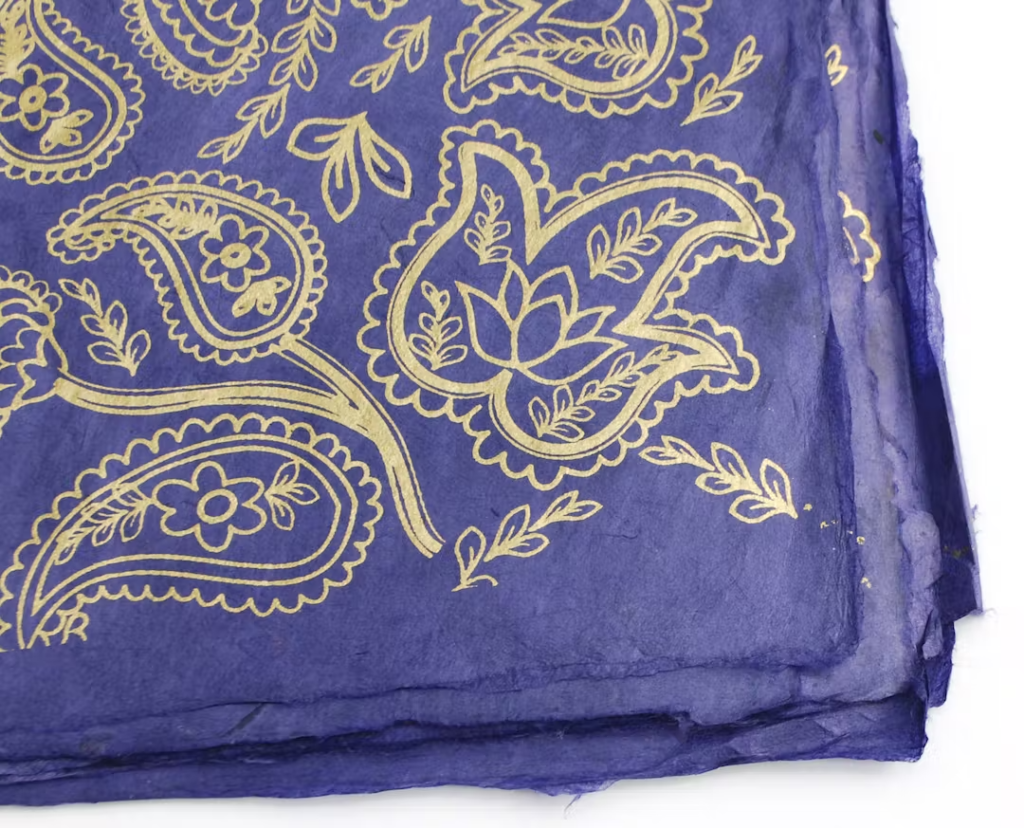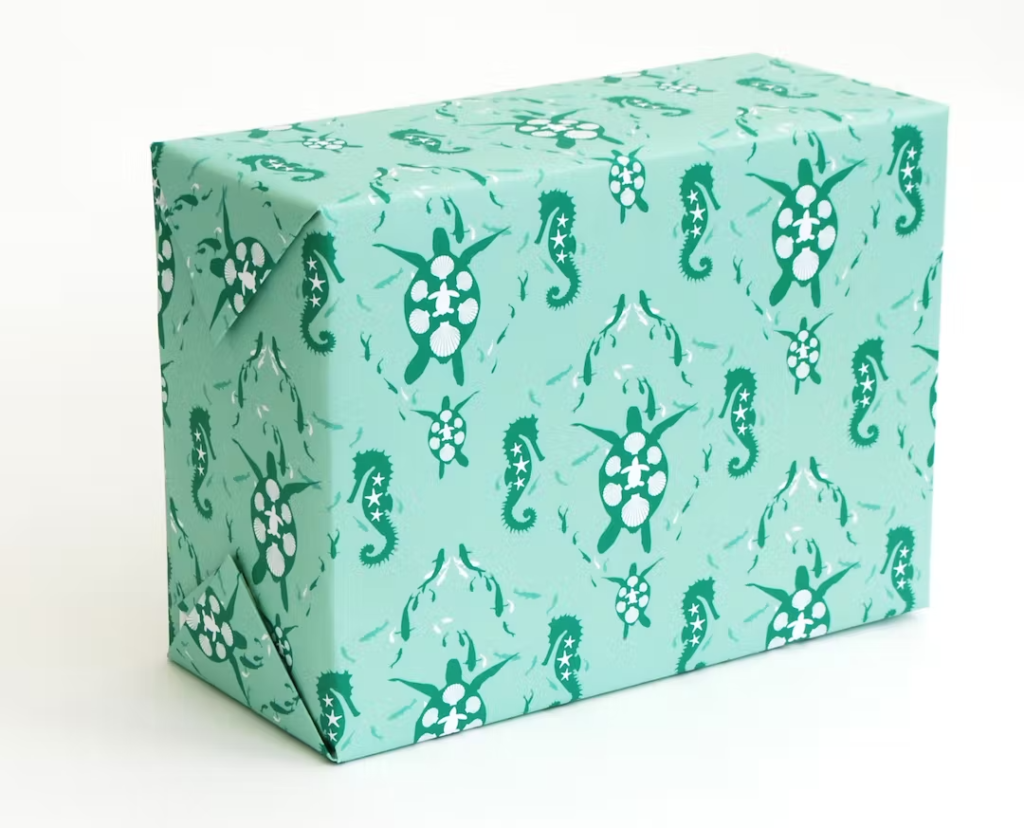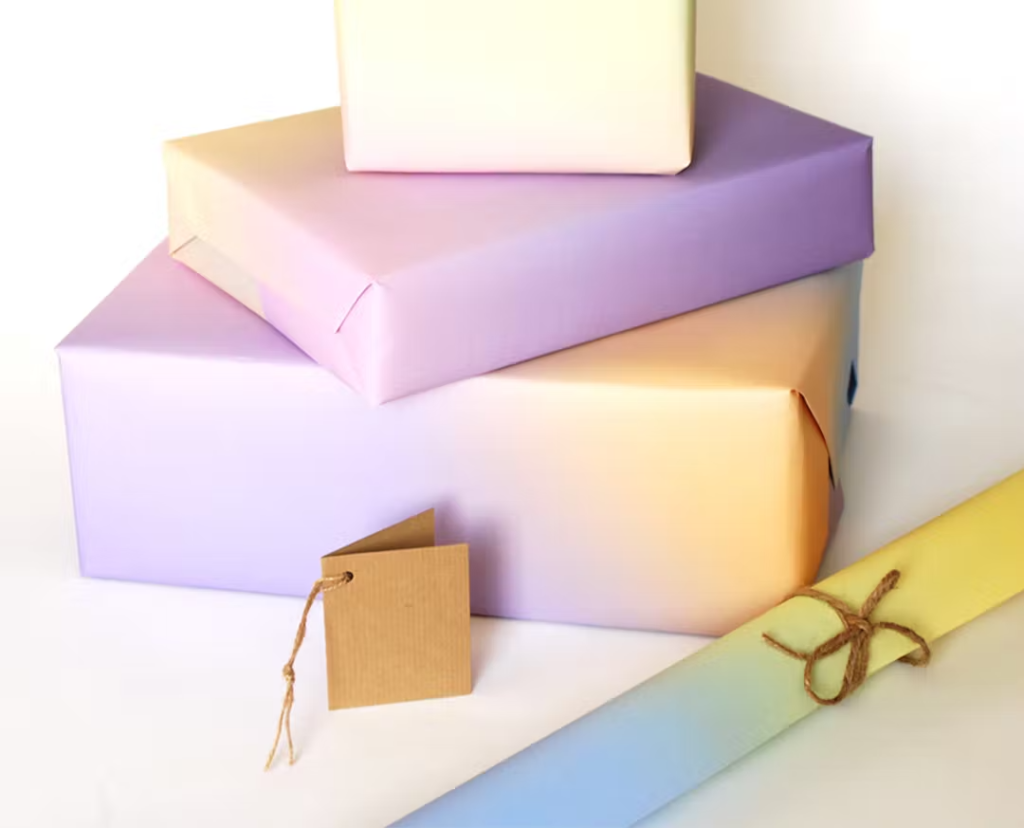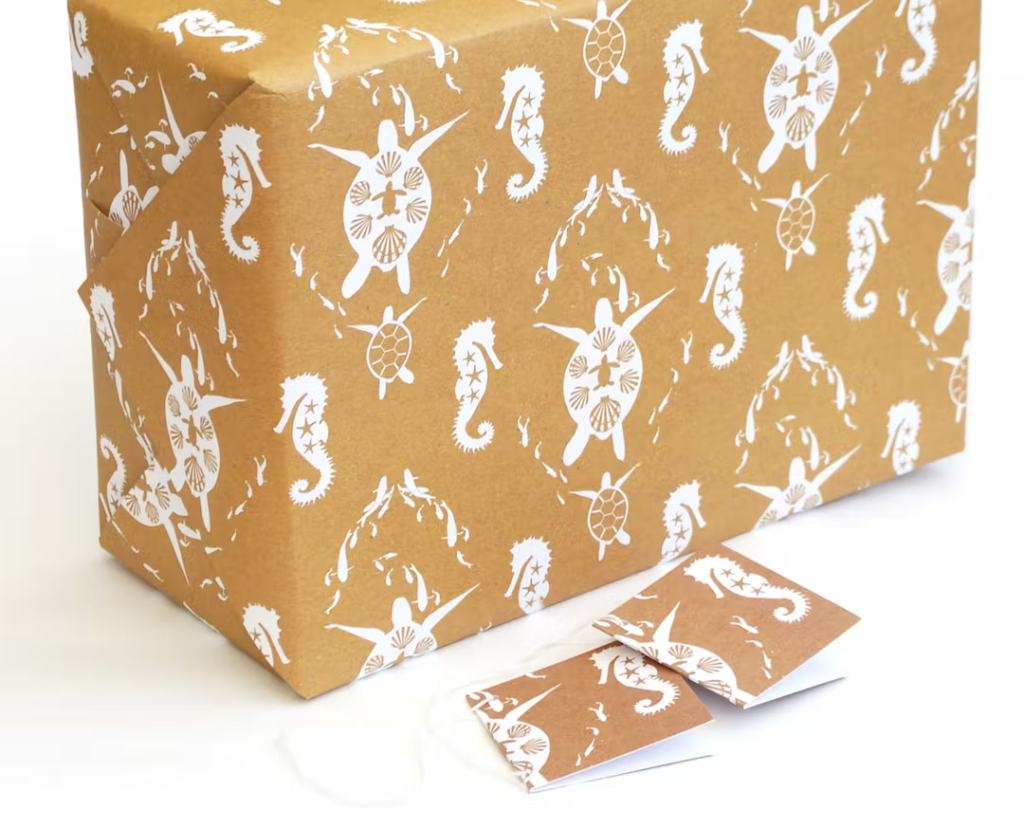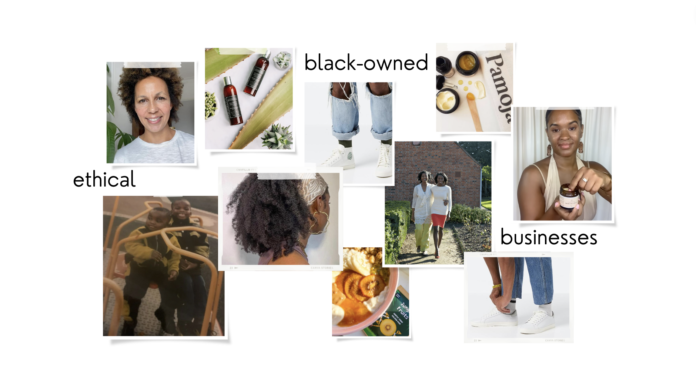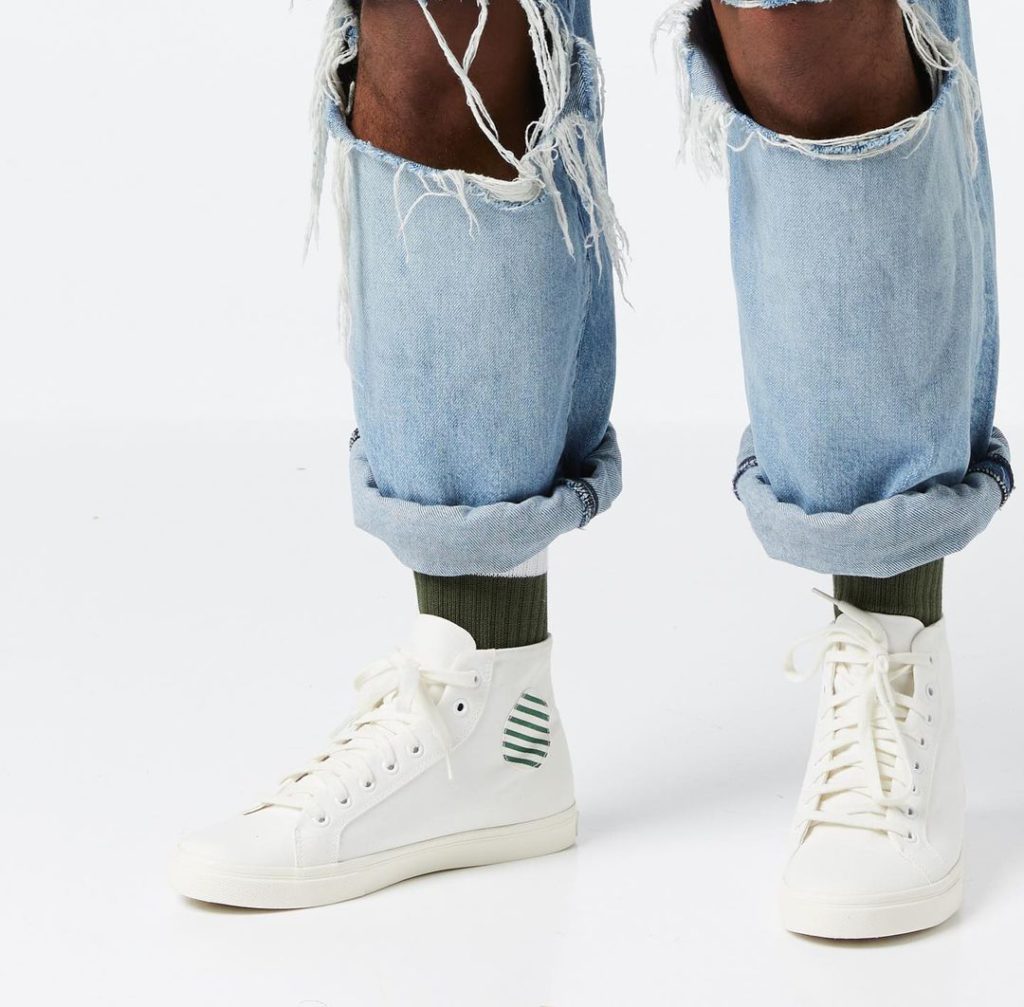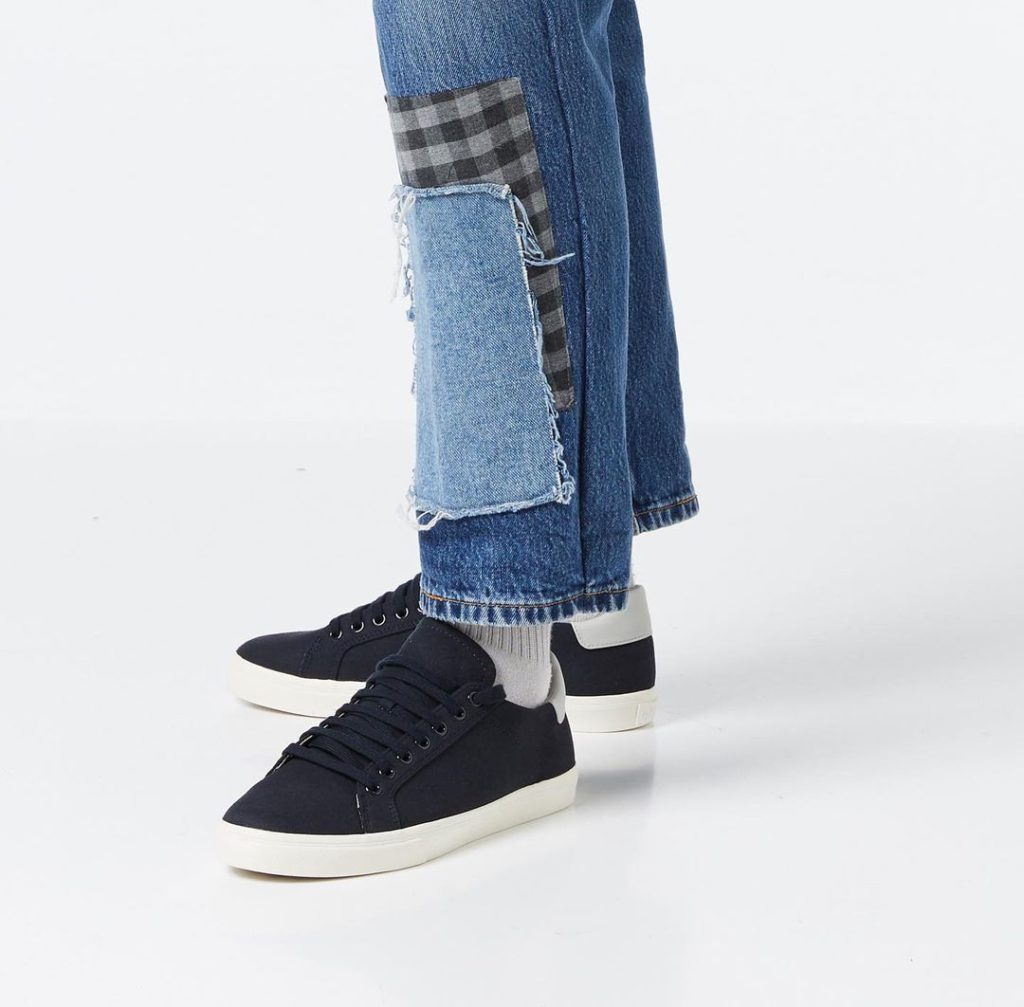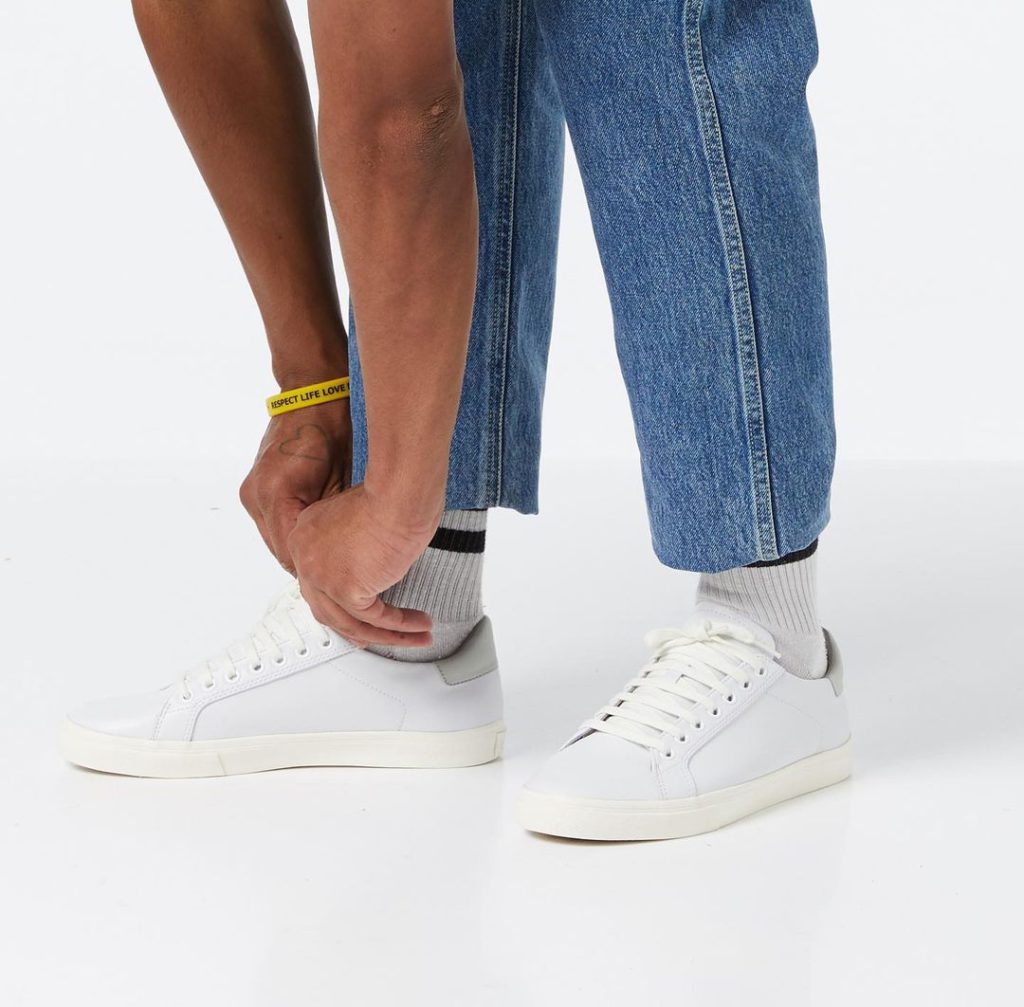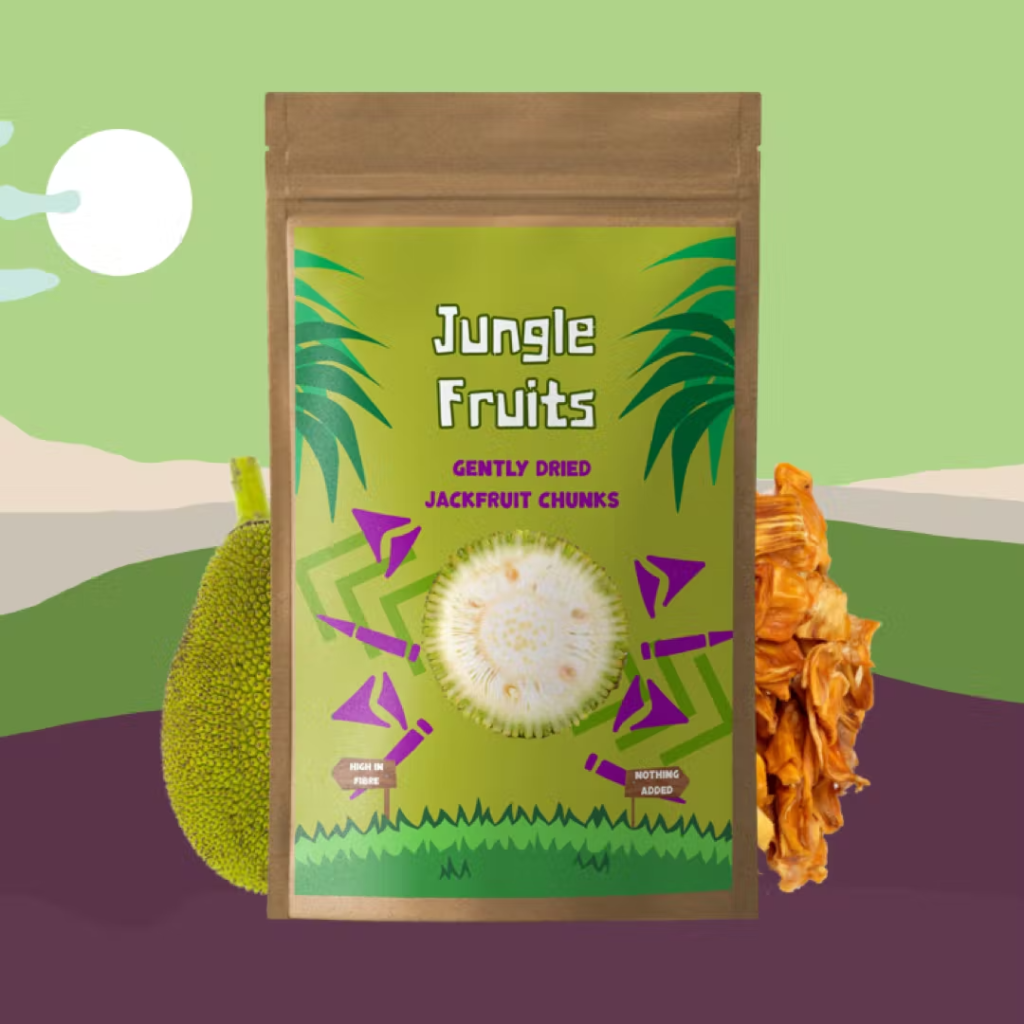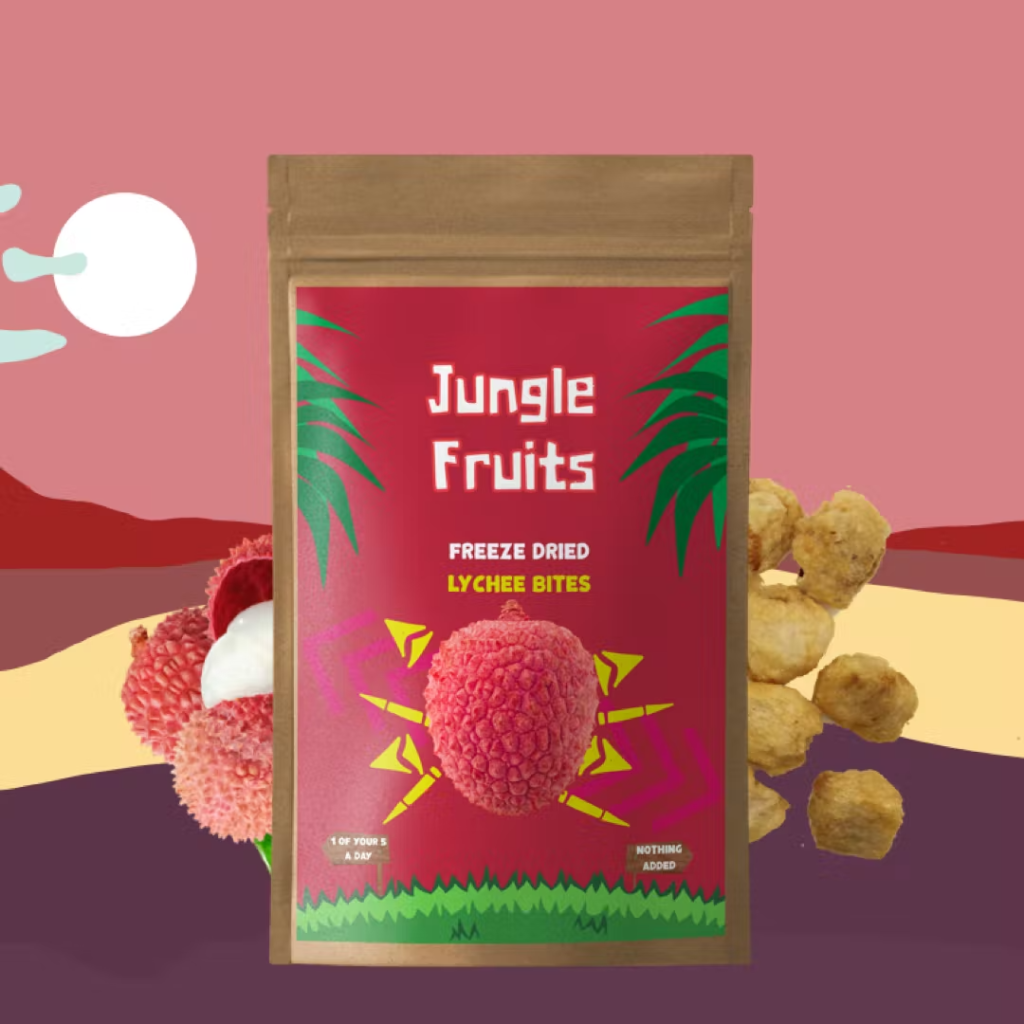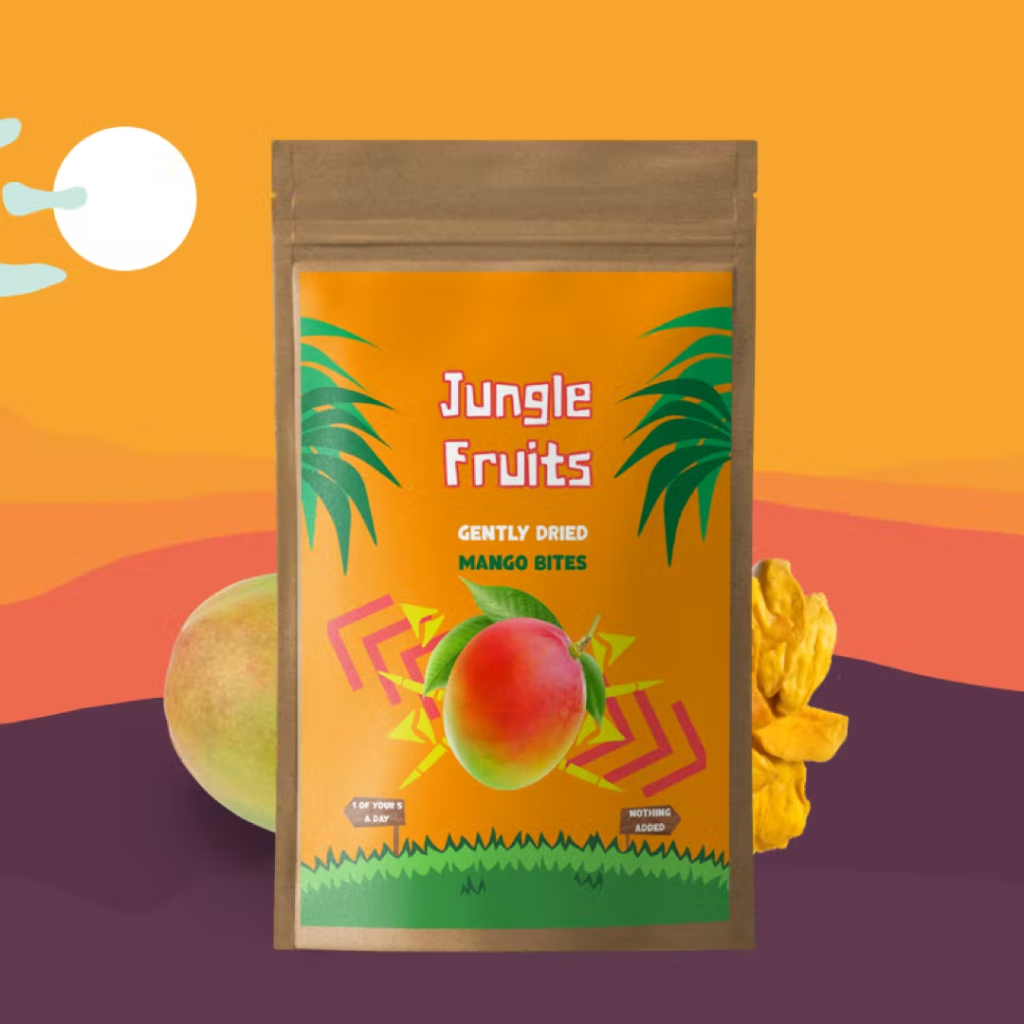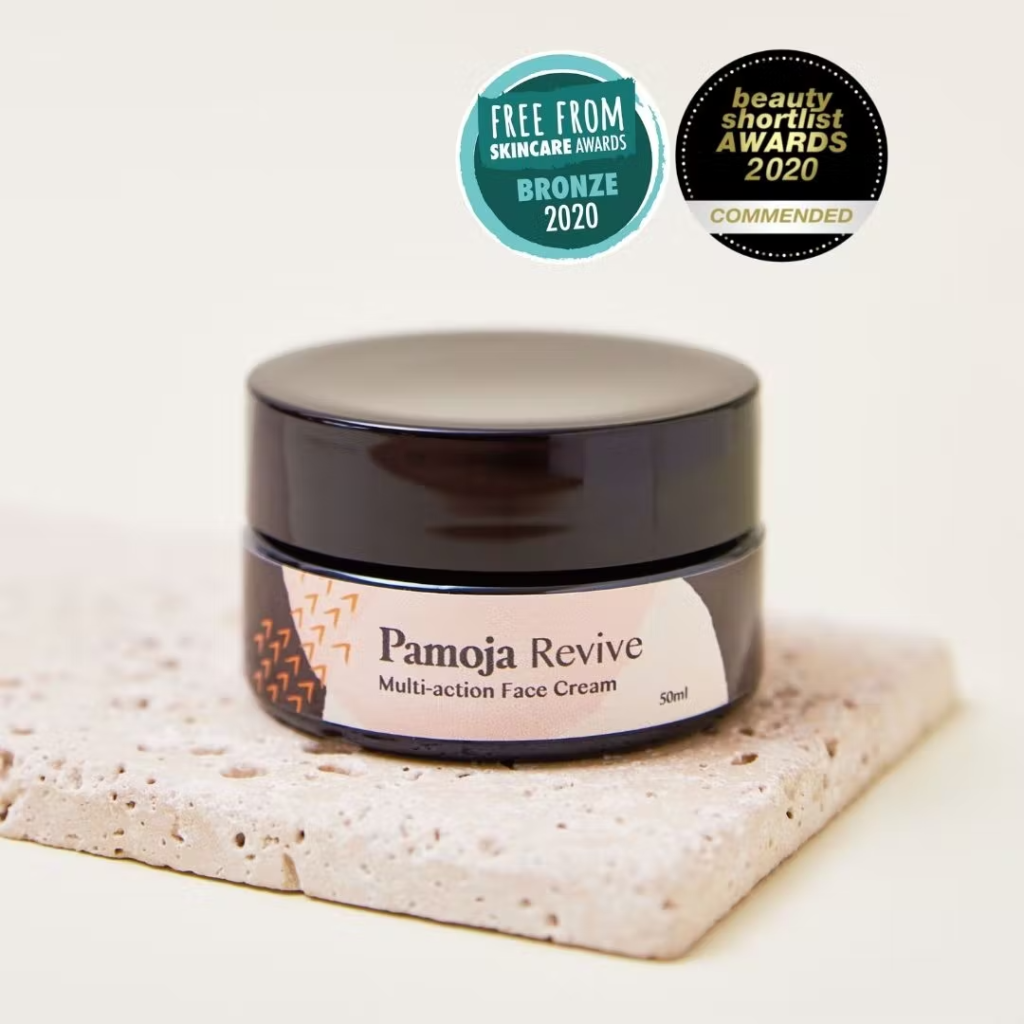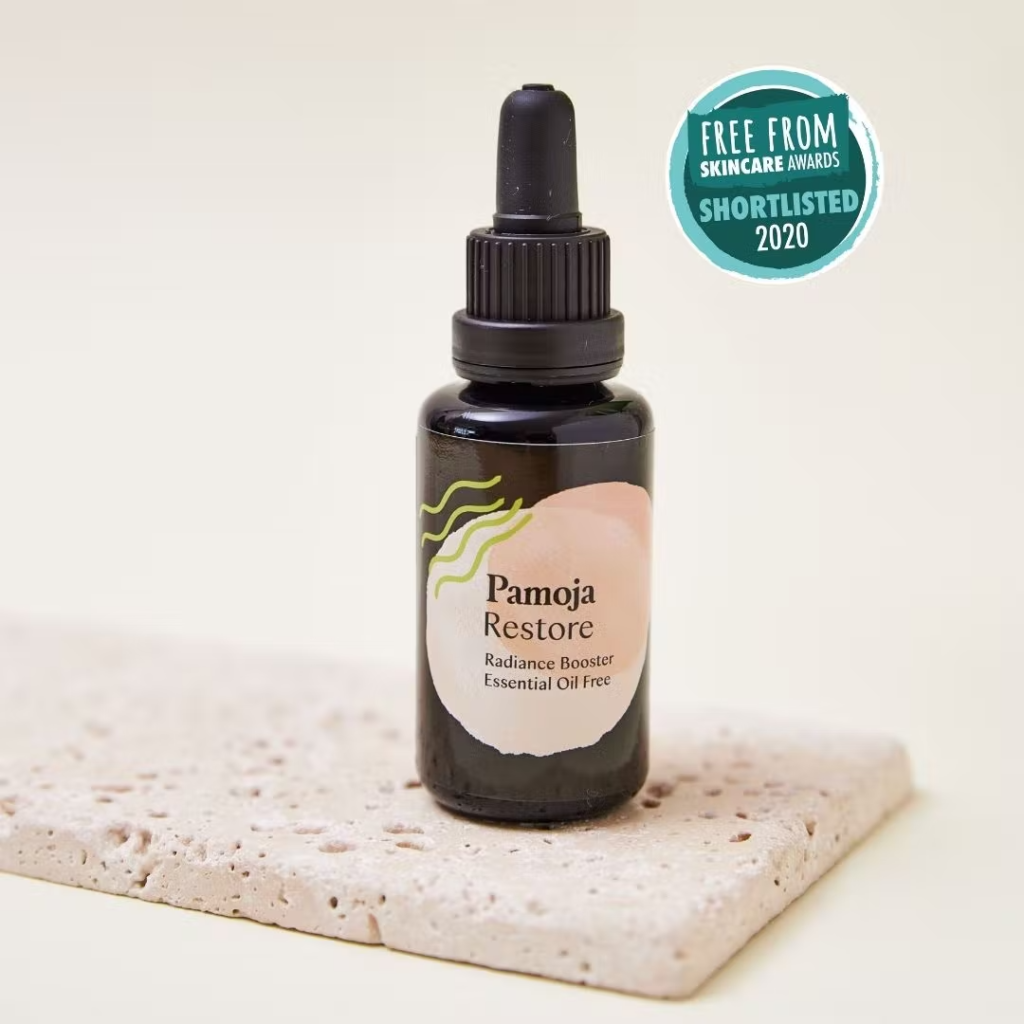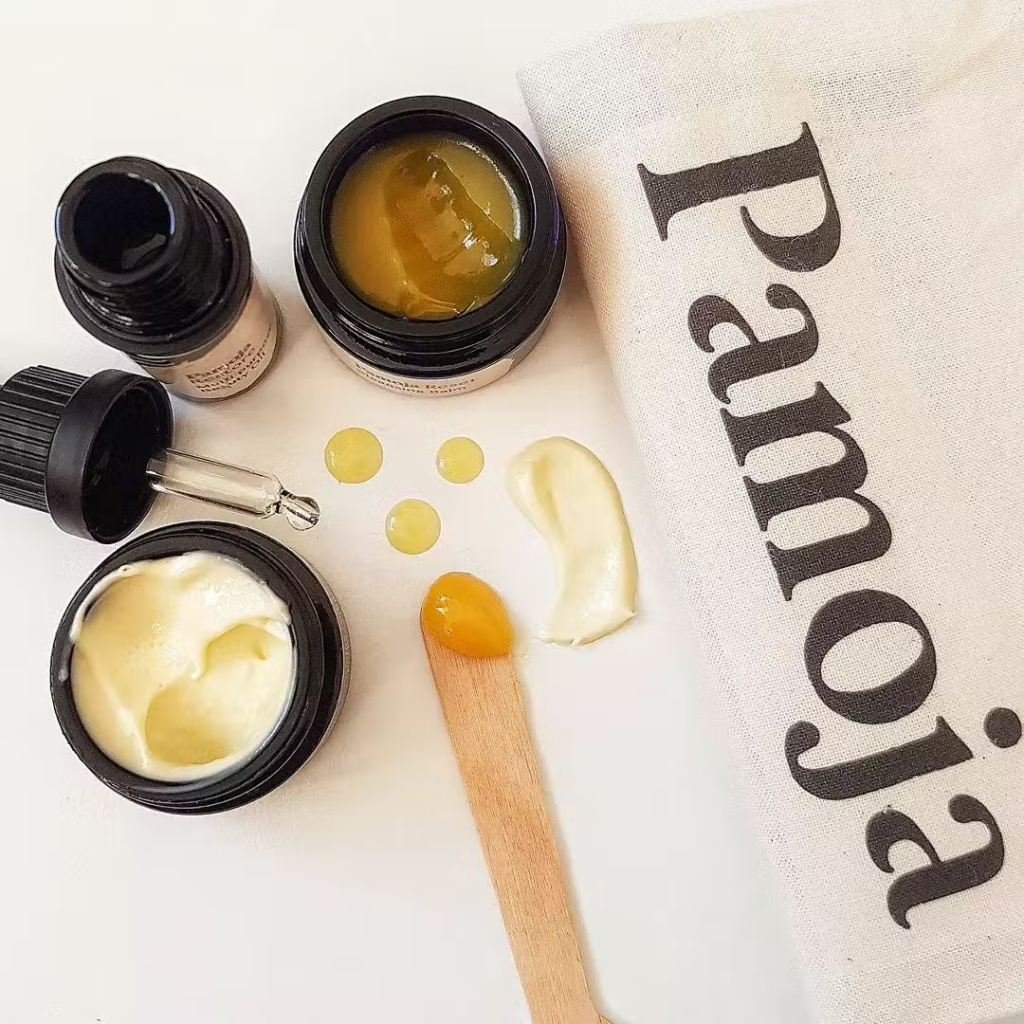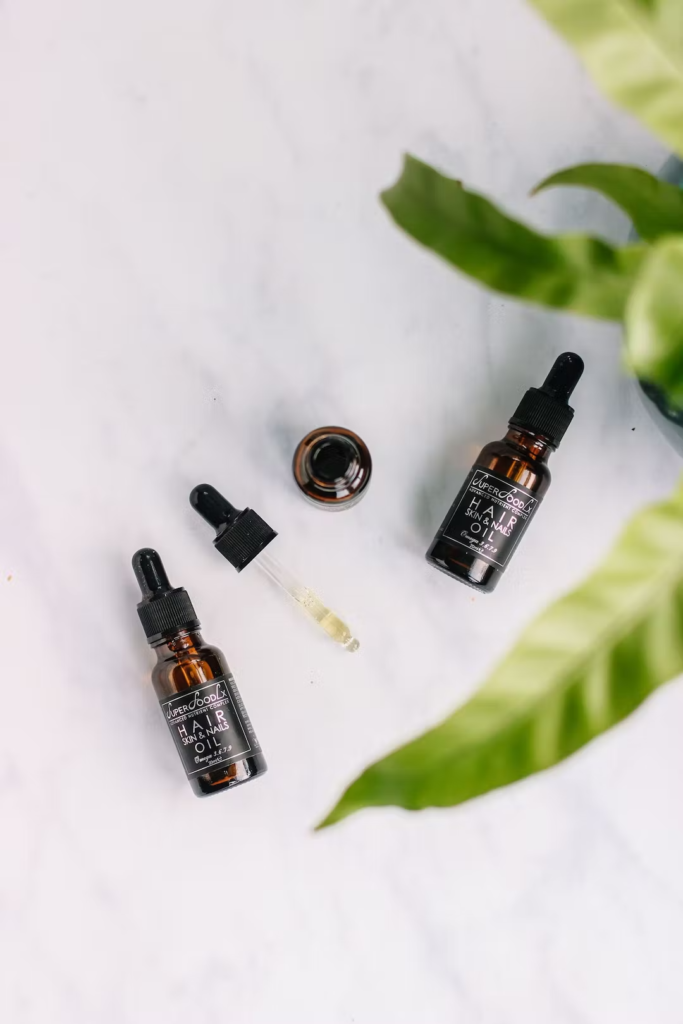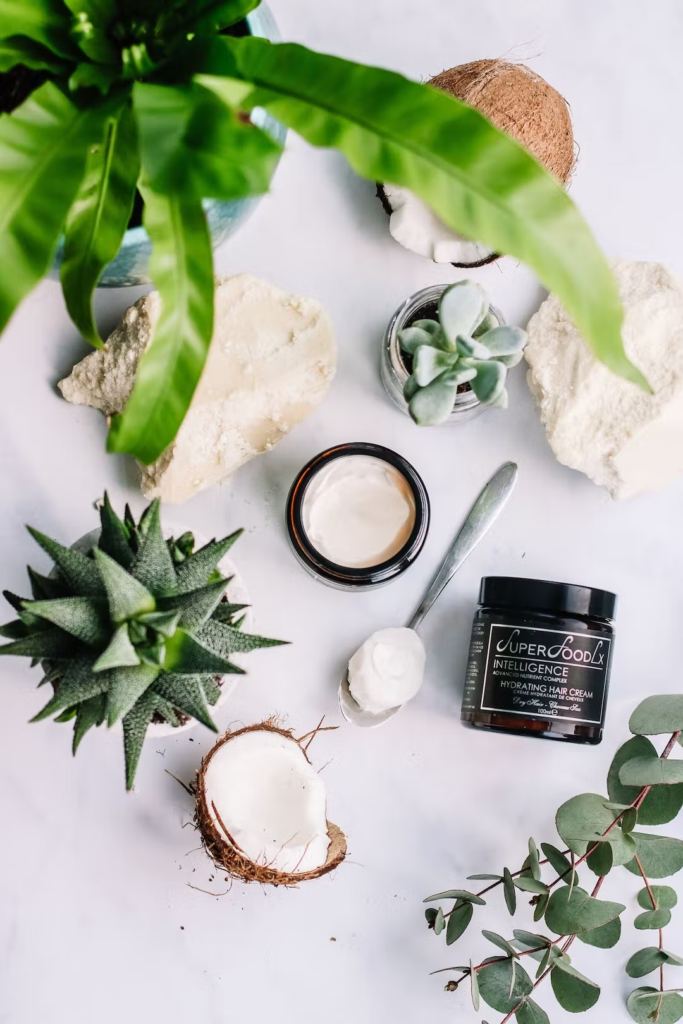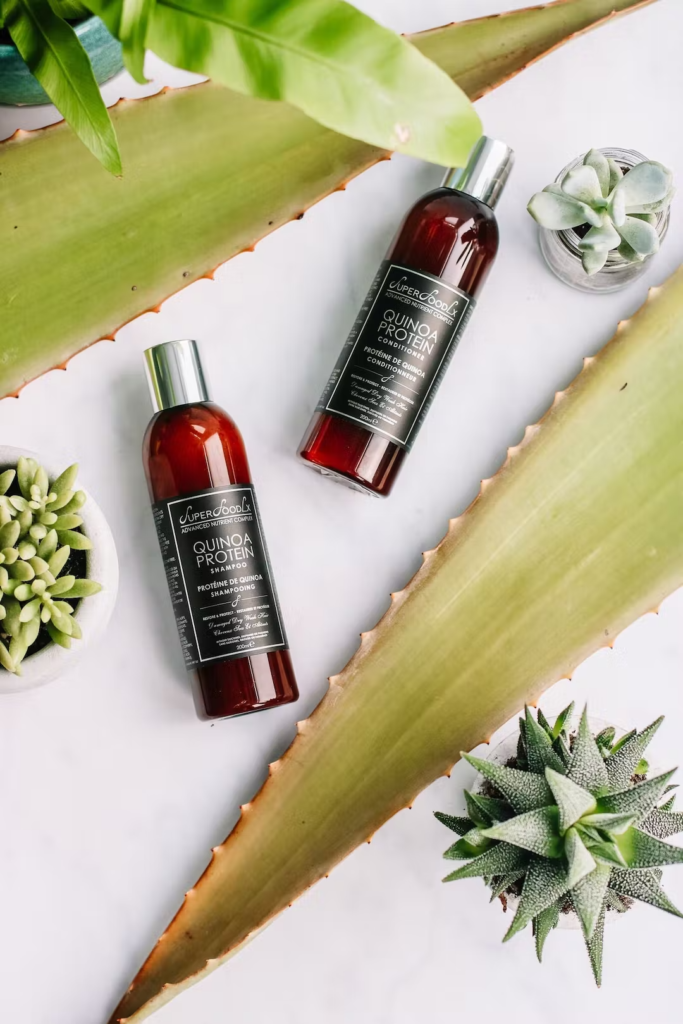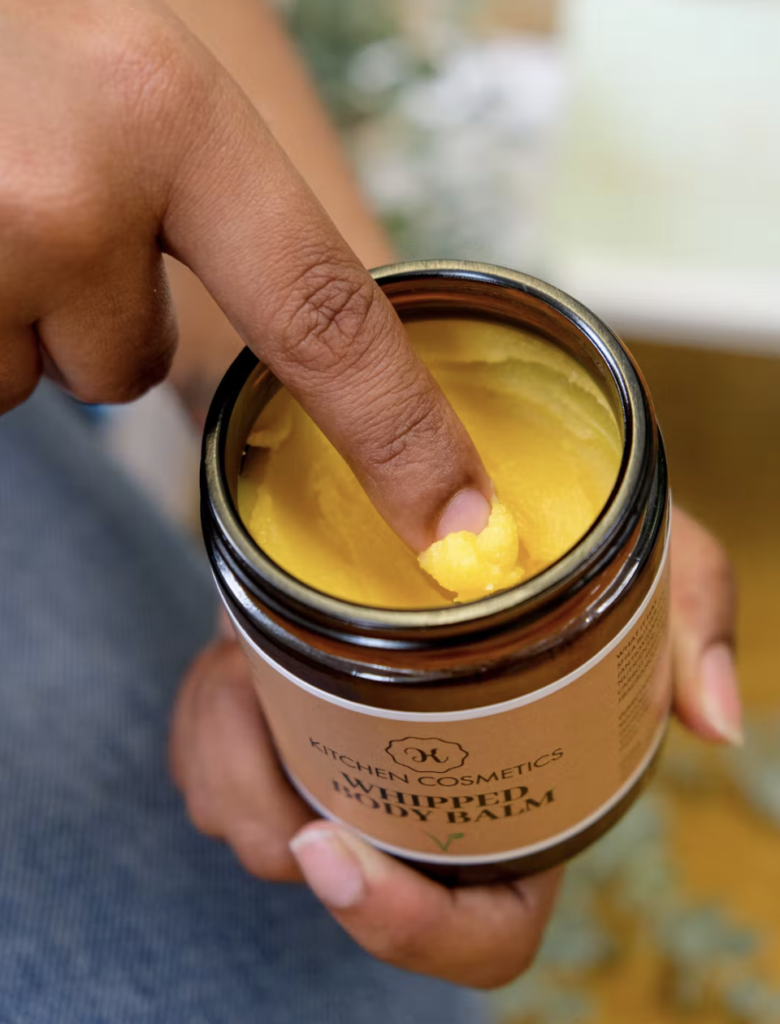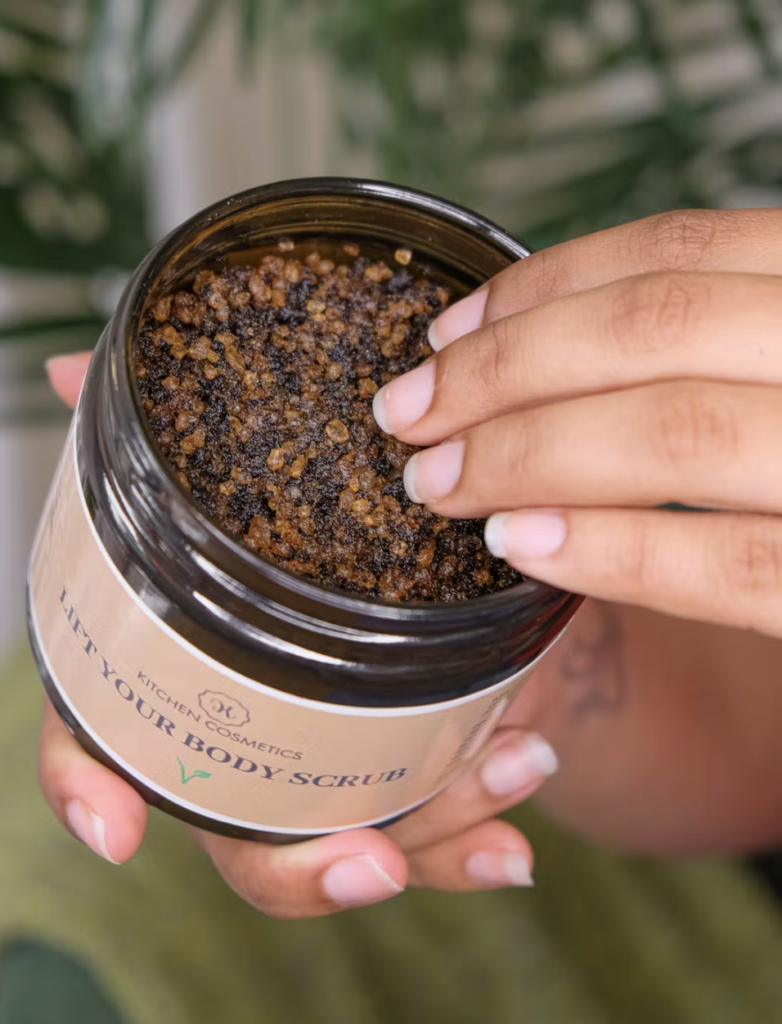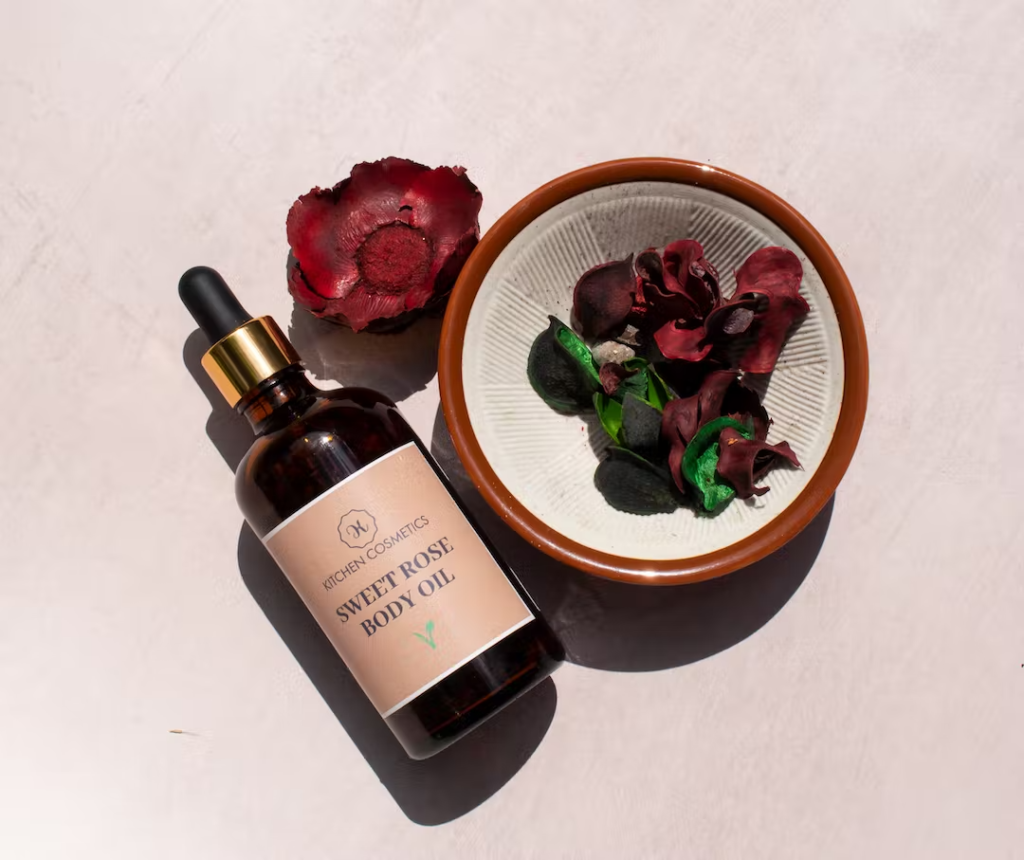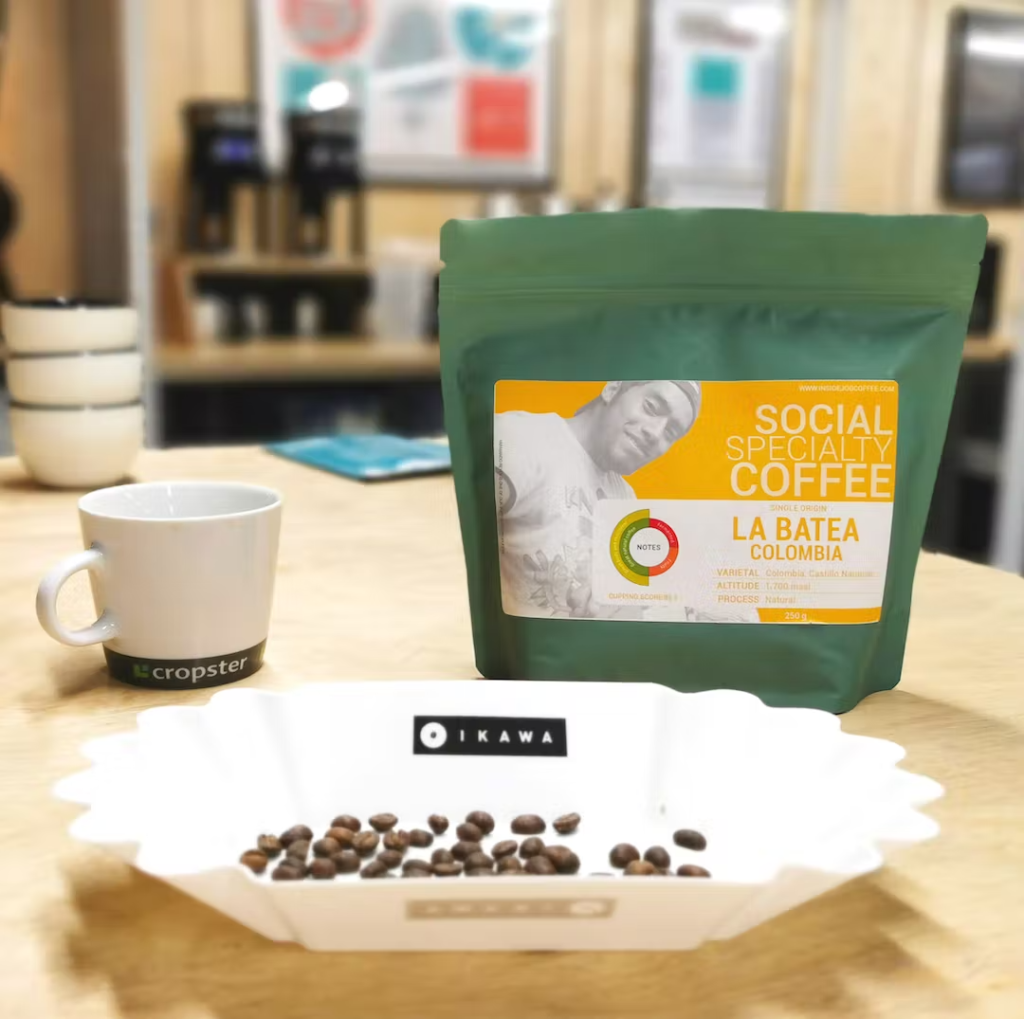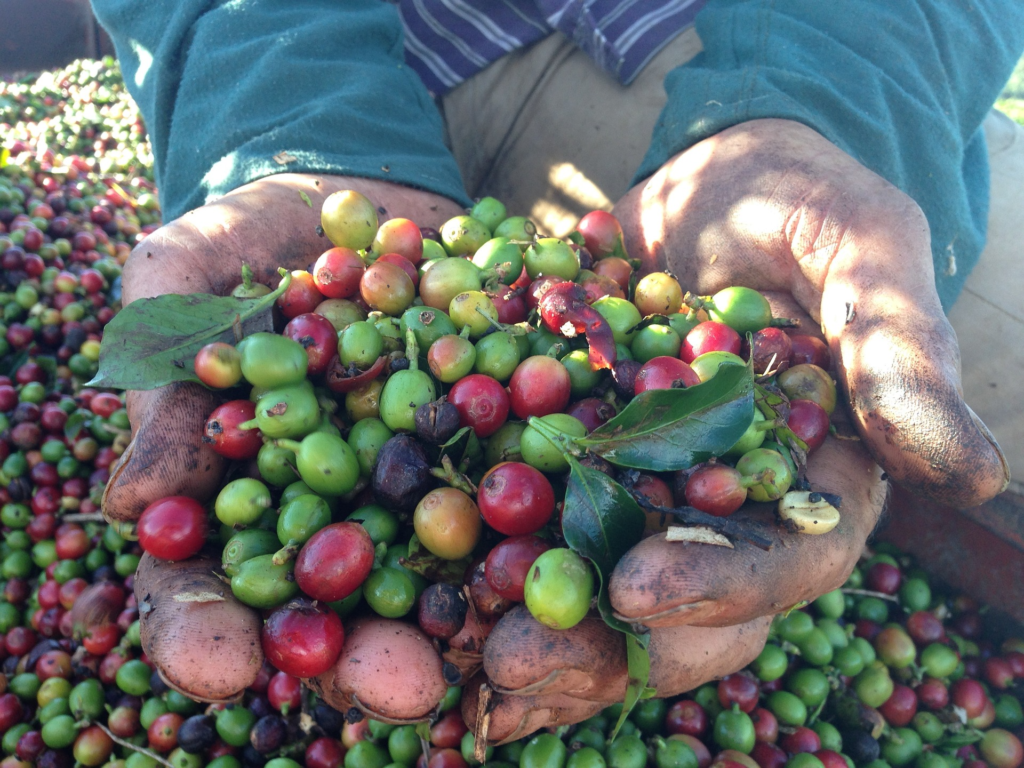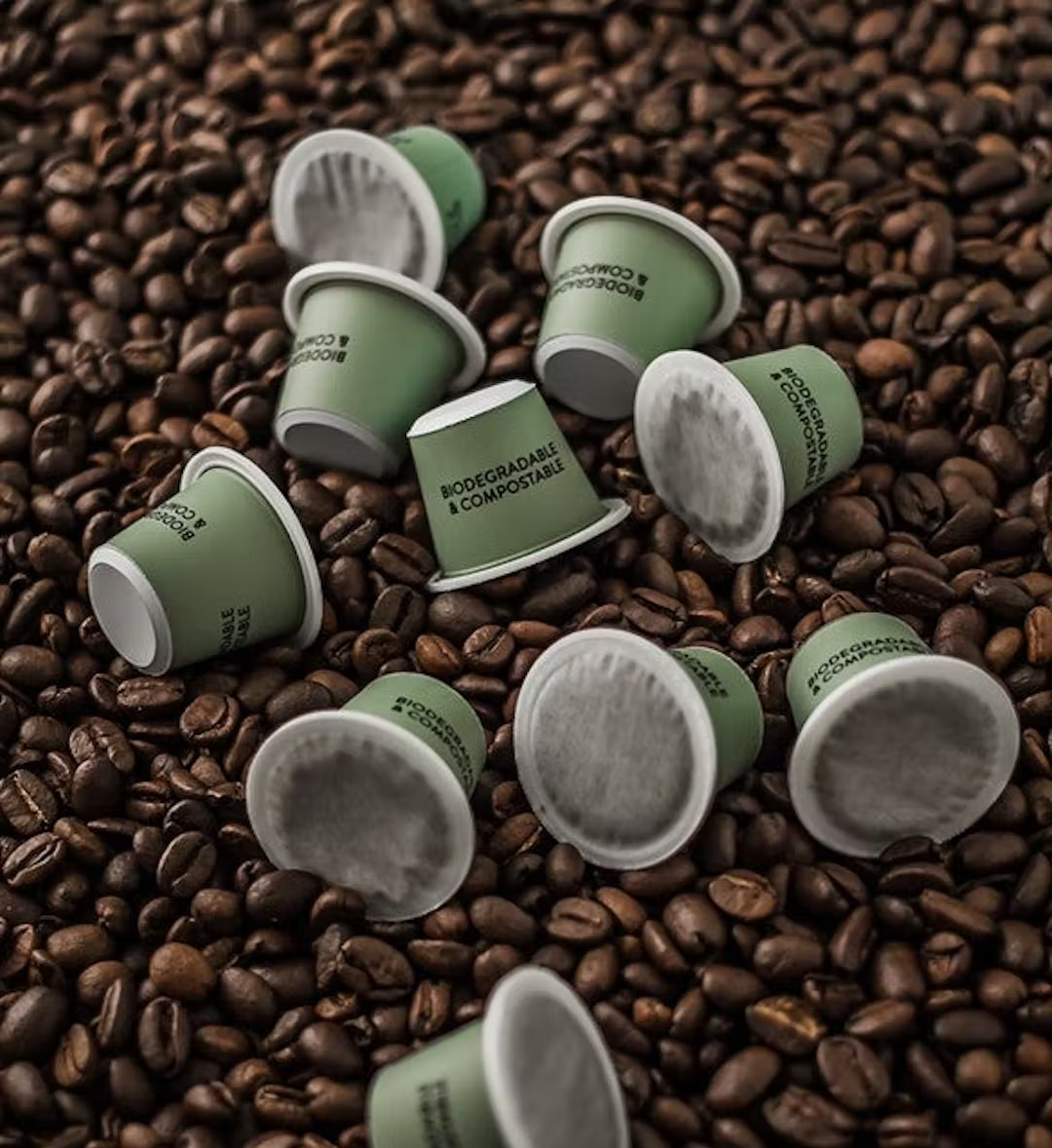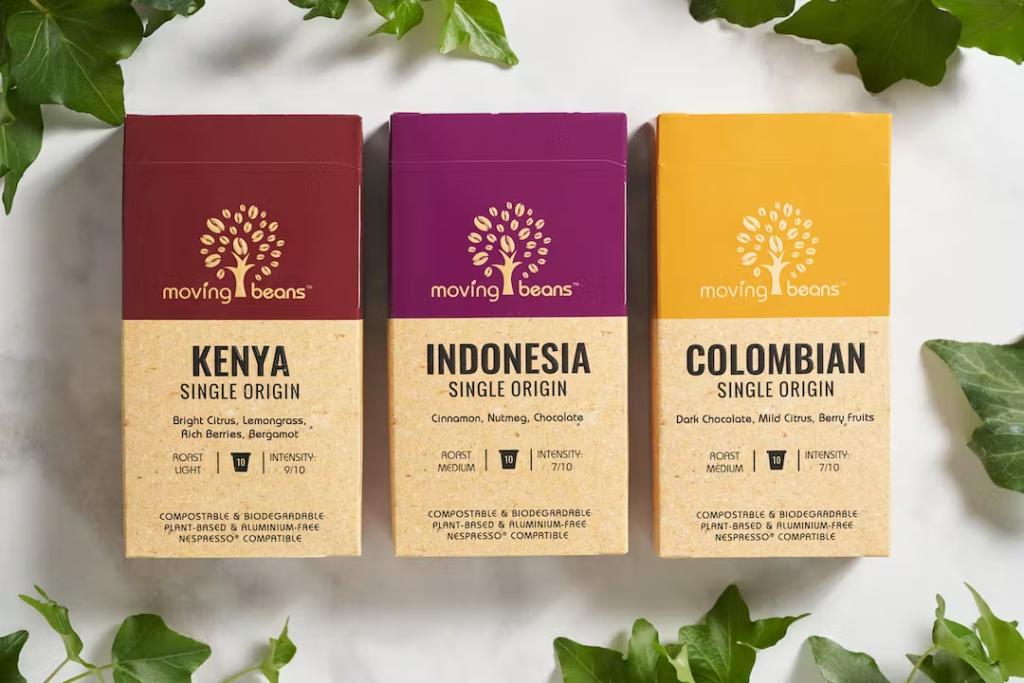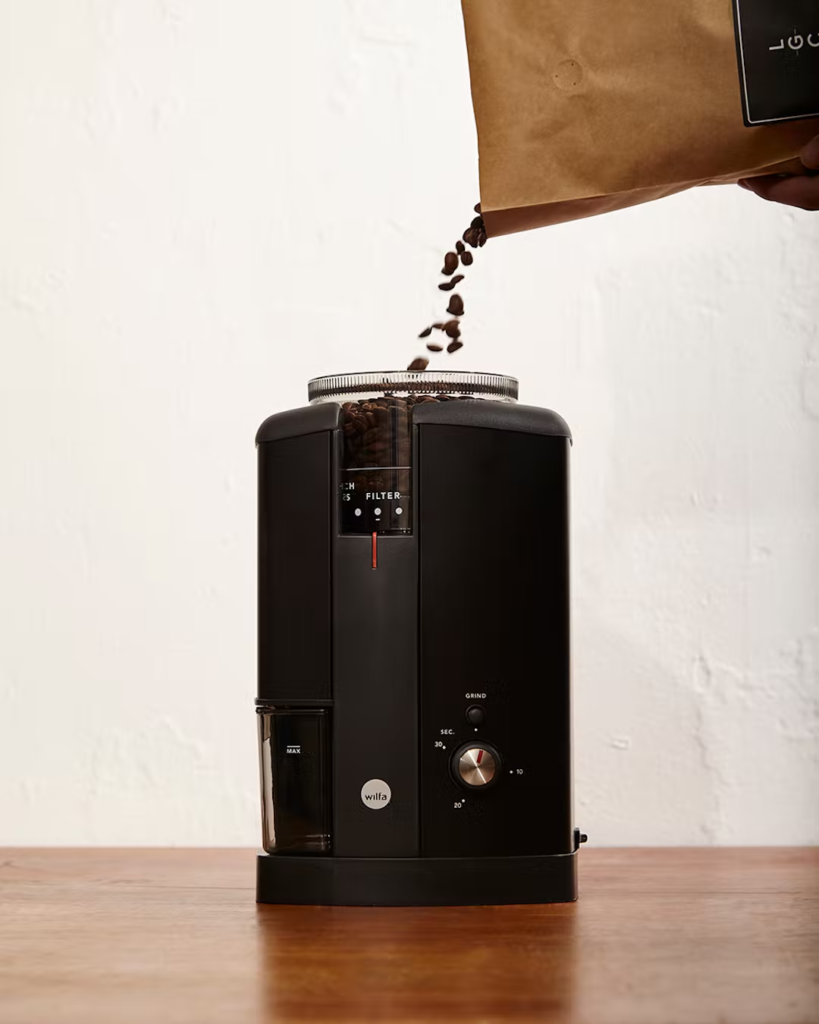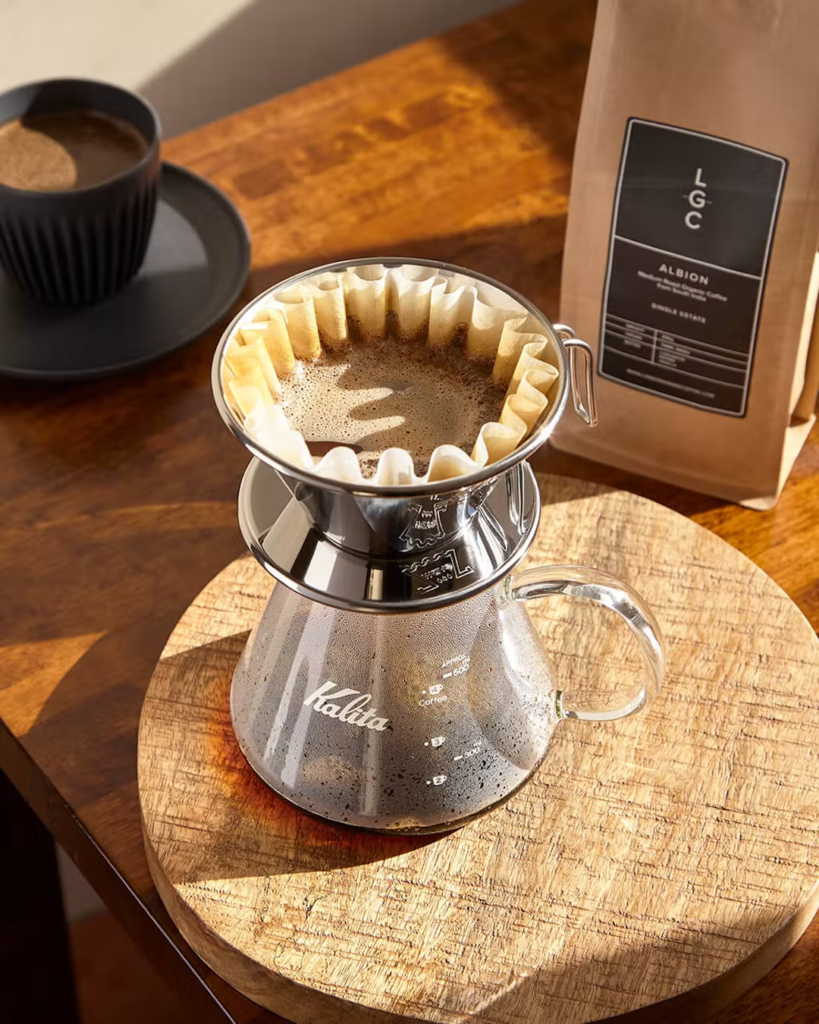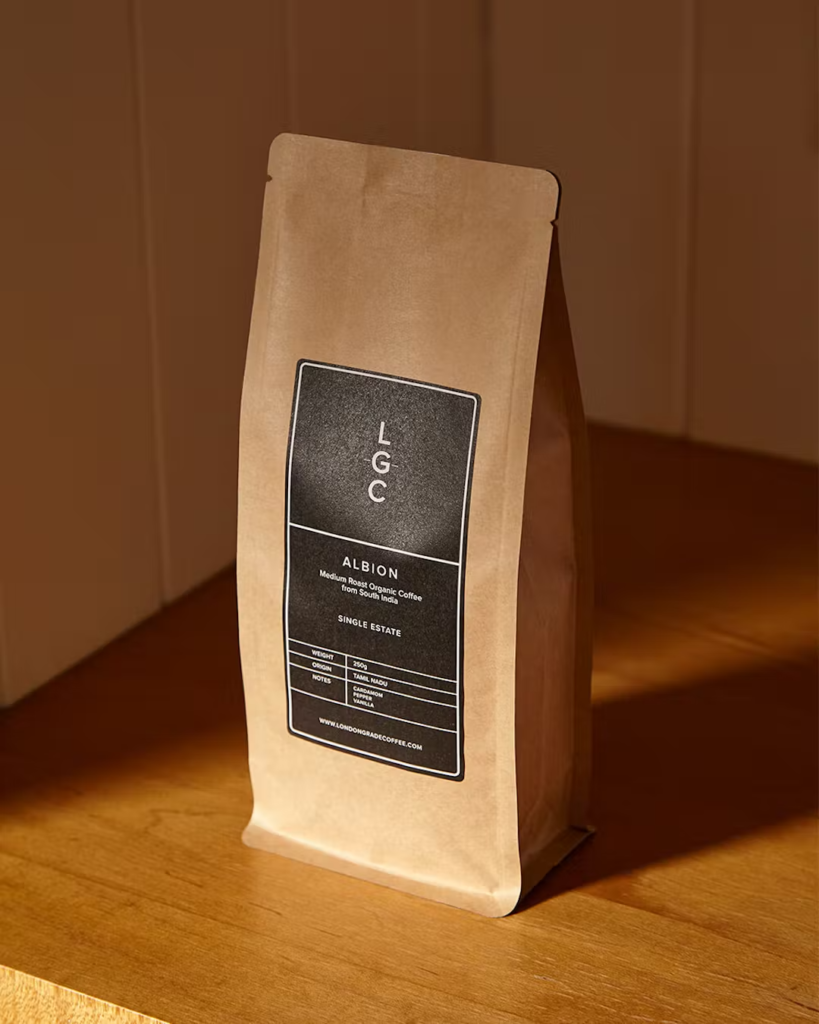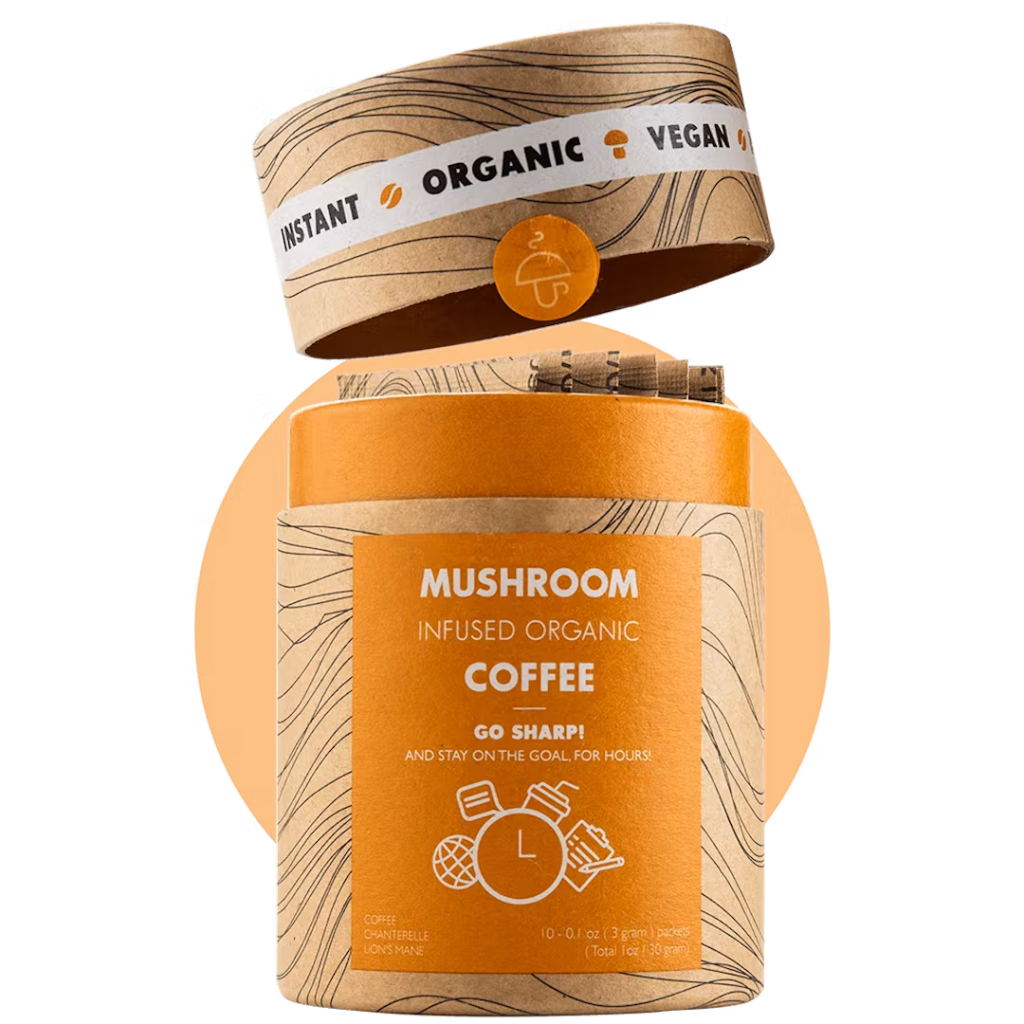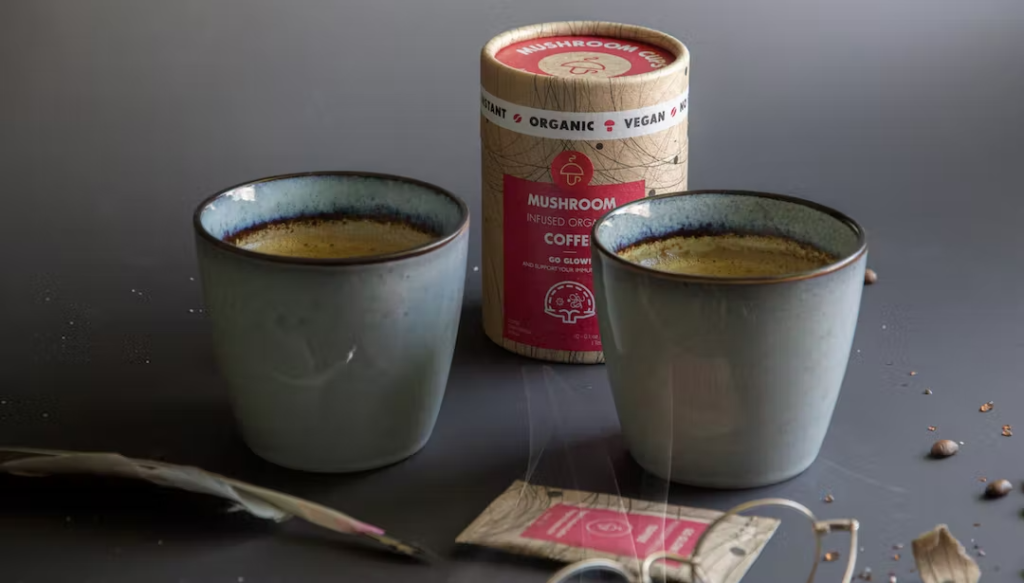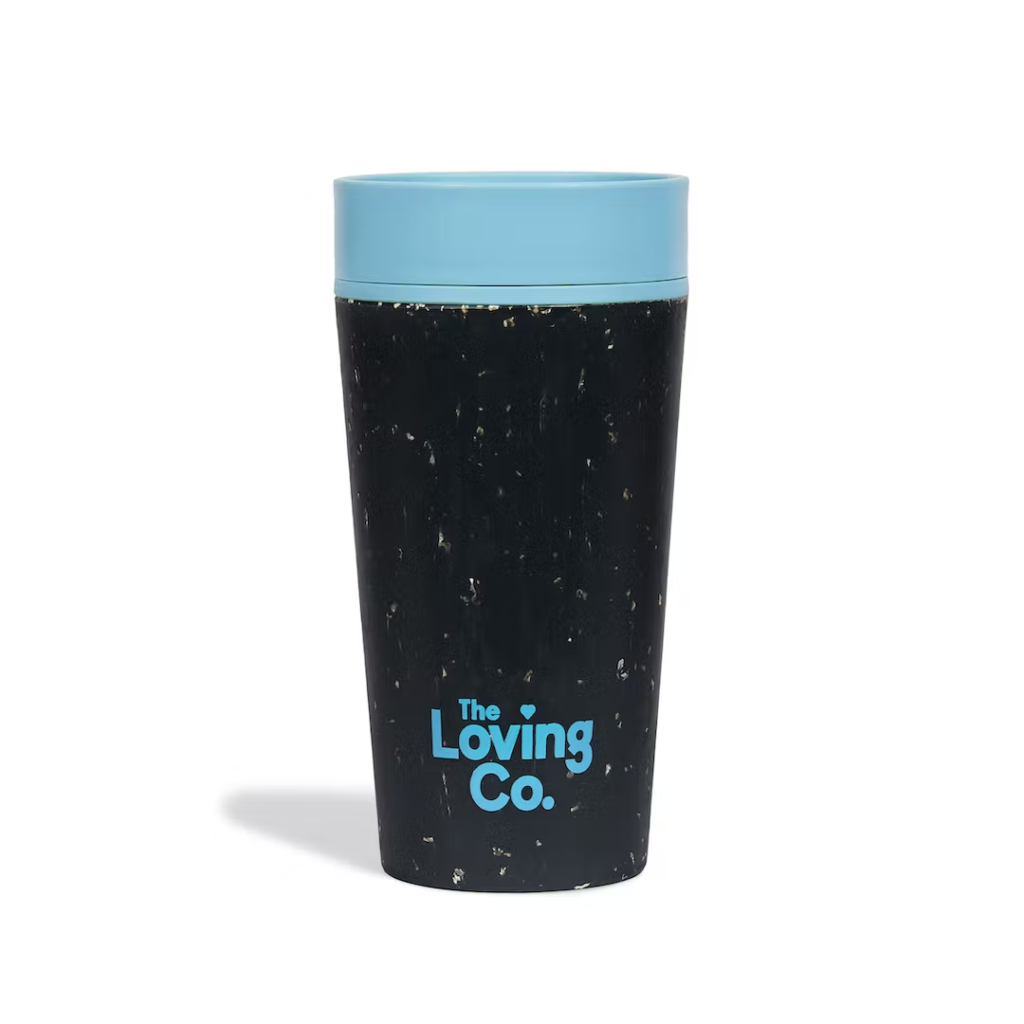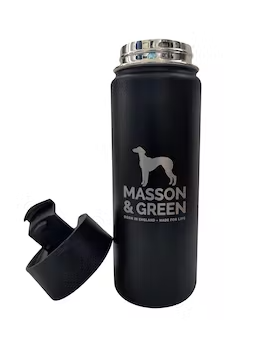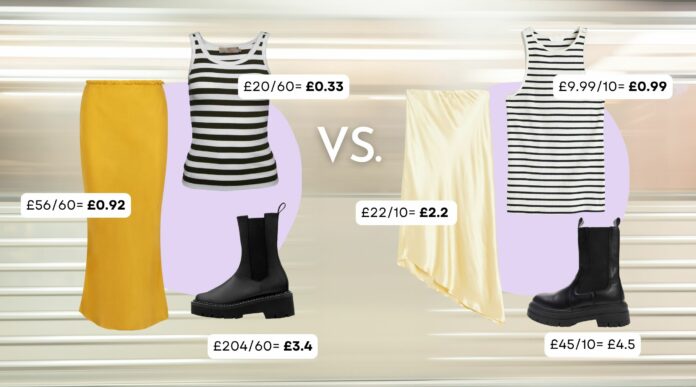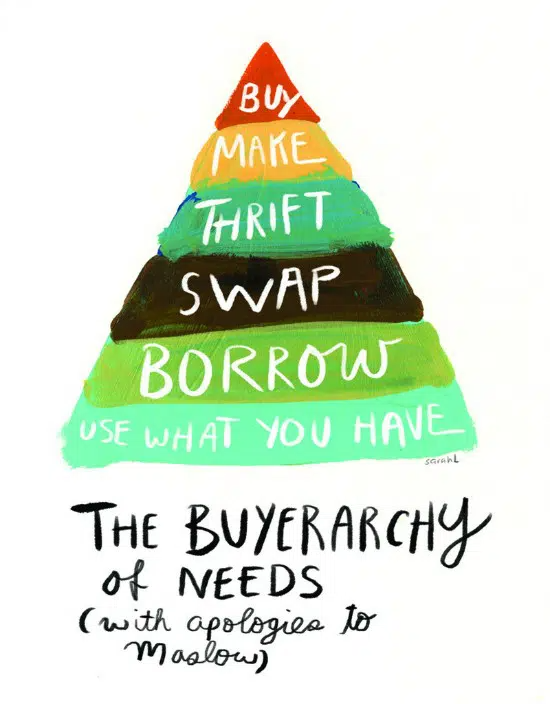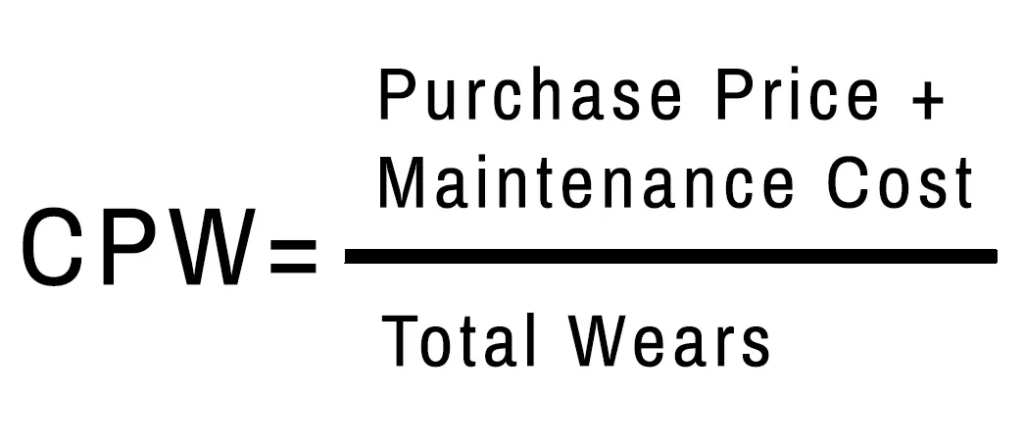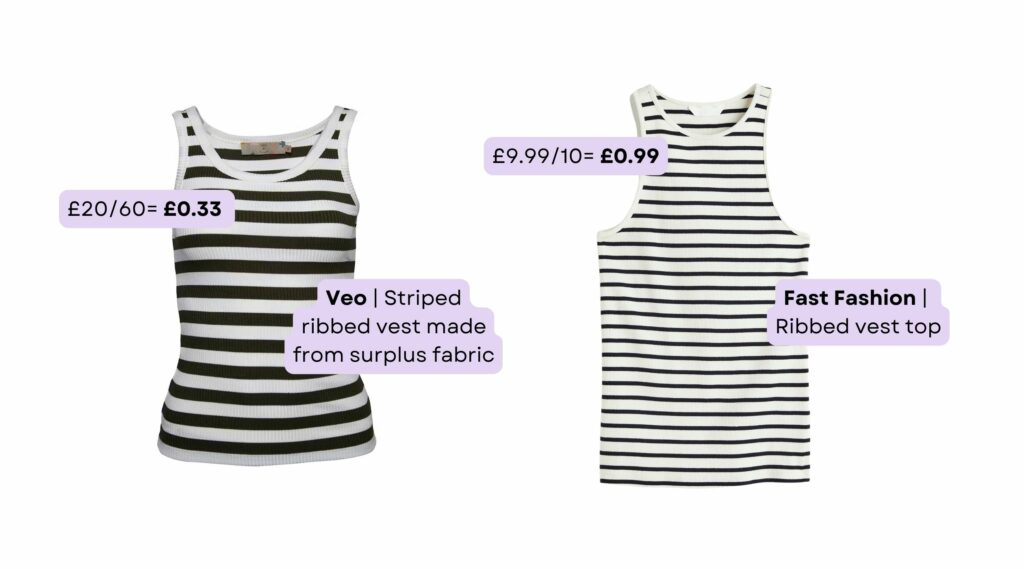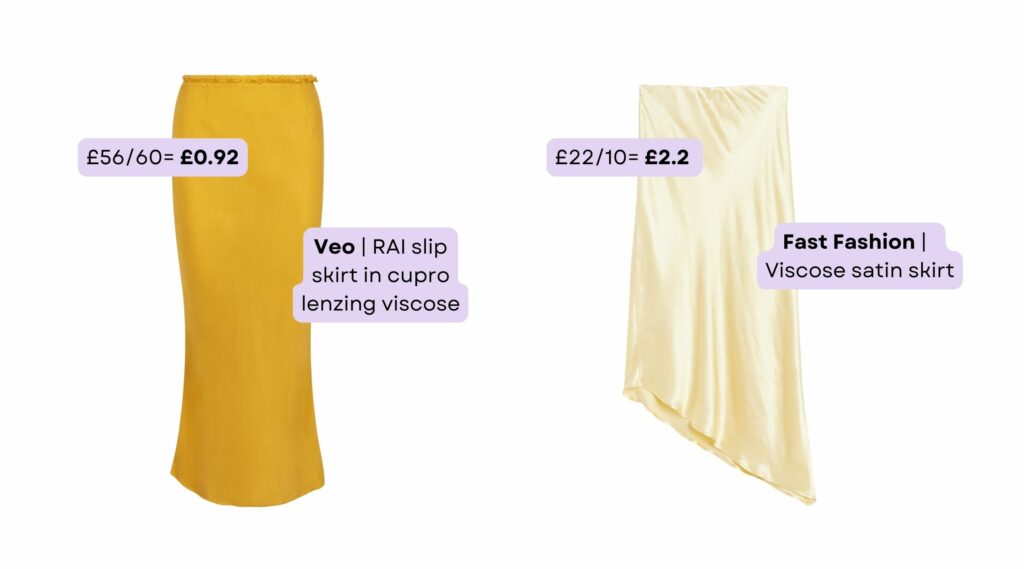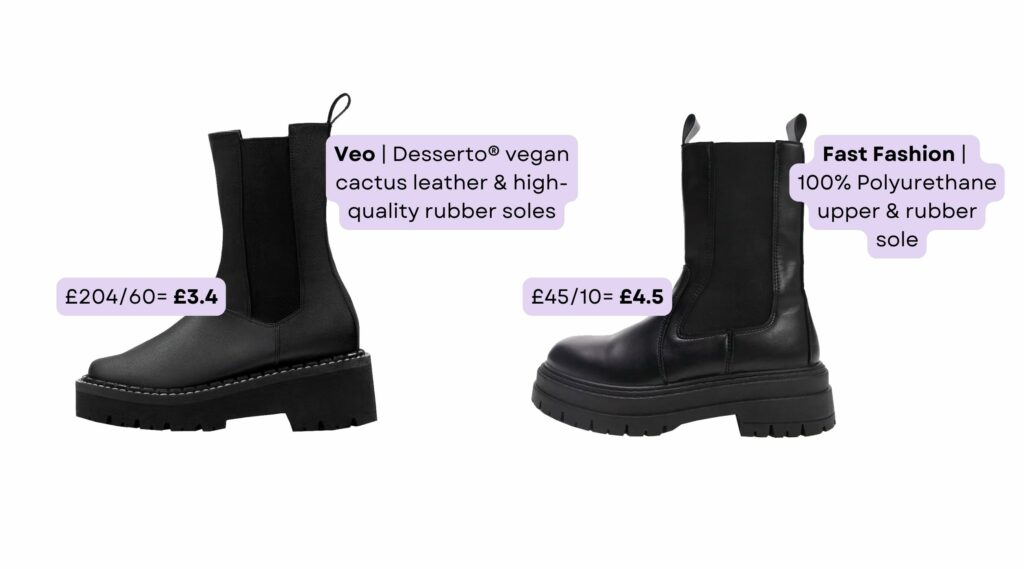In an era of sexual liberation and expression, there’s a movement on the block that’s been flipping how society perceives and thinks about sex on it’s head…
The sexual wellness movement of recent years is centred around female pleasure – free of taboos – with products and services that impact female sexual wellbeing, thinking about women’s health and other aspects of their lives (Camila Coelho).
Whereas female pleasure has too long been a topic of taboo, the sexual wellness revolution has seen huge strides made when it comes to both the talking about and activity of sex. Granted there’s still a way to go. Could sustainable sex aids aid us into the next phase of the sexual wellbeing revolution?
The surprising history and rise of sex toys

It may surprise you to learn that we are not the first generation to enhance sexual experiences with the help of sex aids. Whilst it’s arguably strange to think about our ancestors using sex toys, historical discoveries and research indicates that they almost certainly did.
A siltstone phallus found in Germany is said to date back 28,000 years, believed to be the oldest known ‘sex toy’ ever discovered. Phalluses made from stone, wood, leather and even camel dung have all been found during excavations, or referenced in historical text and images. (Daily Mail, 2015).
Today, our use of sex toys is (thankfully), a lot more hygienic and comfortable. In fact, it’s estimated that the sex toy market in the UK is worth over £250 million and it has been reported that the use of sex toys is becoming increasingly mainstream, with many people of broad ages and genders reporting that they own at least one sex toy. E-commerce and the growing acceptance of sex toys have made it easier for people to purchase and use these products in the privacy of their own homes.
It’s important to note that the use of sex toys is a personal choice, and some people may choose not to use them. Whether due to culture, religion, or personal beliefs, the choice is and should always be autonomous and a rightfully one private too.
With that said, the overall increasing acceptance of sex toys and the growing awareness about their benefits have been major factors behind the huge market growth and their acceptance within society.
Sex is hot. Waste is not.
The sex toy industry, like many consumer goods industries, can have a significant environmental impact due to the materials and processes used in manufacturing, packaging, and transportation. It is difficult to know the exact amount, but it’s estimated that the sex toy industry contributes 222.9 million tonnes of waste annually in the UK alone, according to one of our very own eco sex toy brands, Love Not War.
Many sex toys are not designed to be repaired, recycled or safely disposed of, and end up in landfills after a relatively short lifespan. However, some brands within the sex toy industry are once again turning things on their head.
Sustainability and sex is a match made in heaven
Sustainable sex toys can help you feel closer and more connected to nature. Given that sex is a natural human behaviour, it seems only logical that our sex toys help to unify that natural act and further enhance that intimate connection.
Thankfully, more brands are taking steps to reduce their waste, such as using eco-friendly materials, designing products that are recyclable, or implementing sustainable manufacturing and shipping practices. On that note, we’d like you to meet The Natural Love Company and Love Not War…
The Natural Love Company
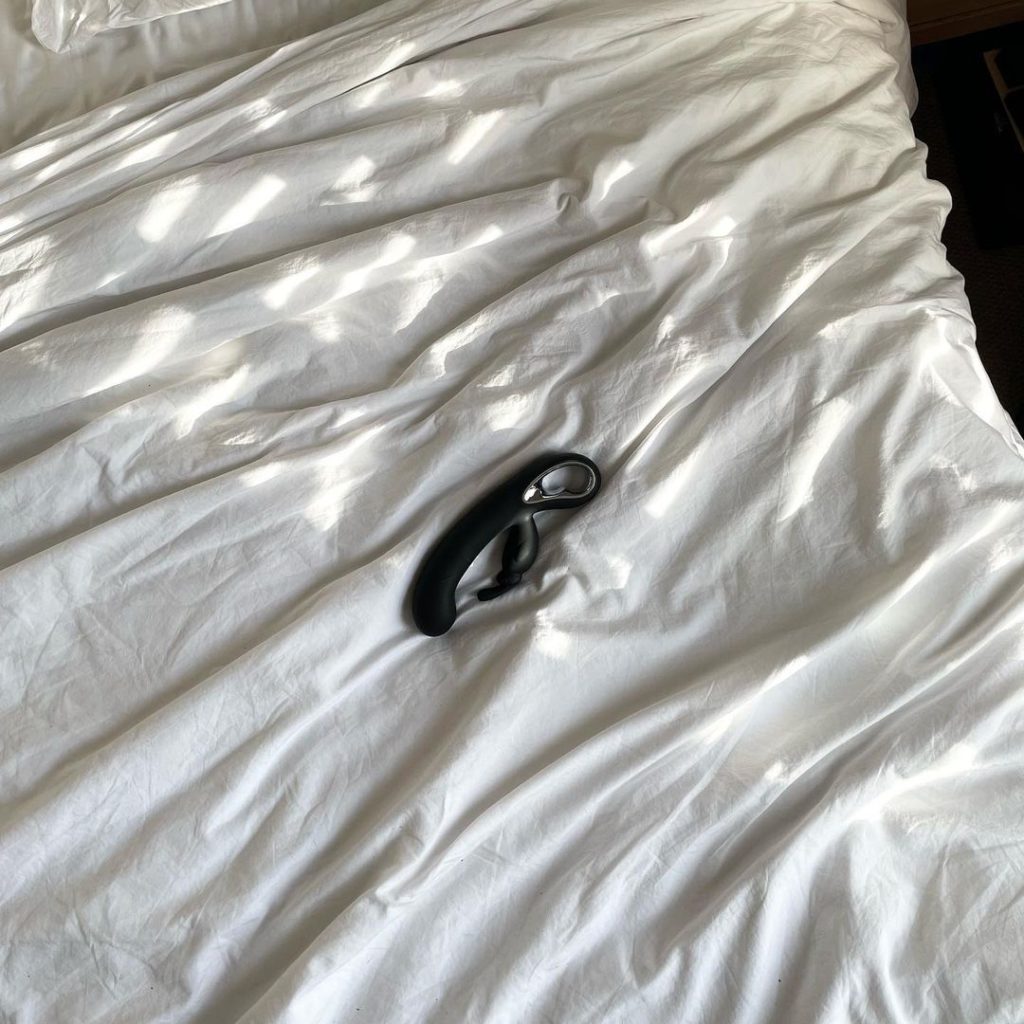
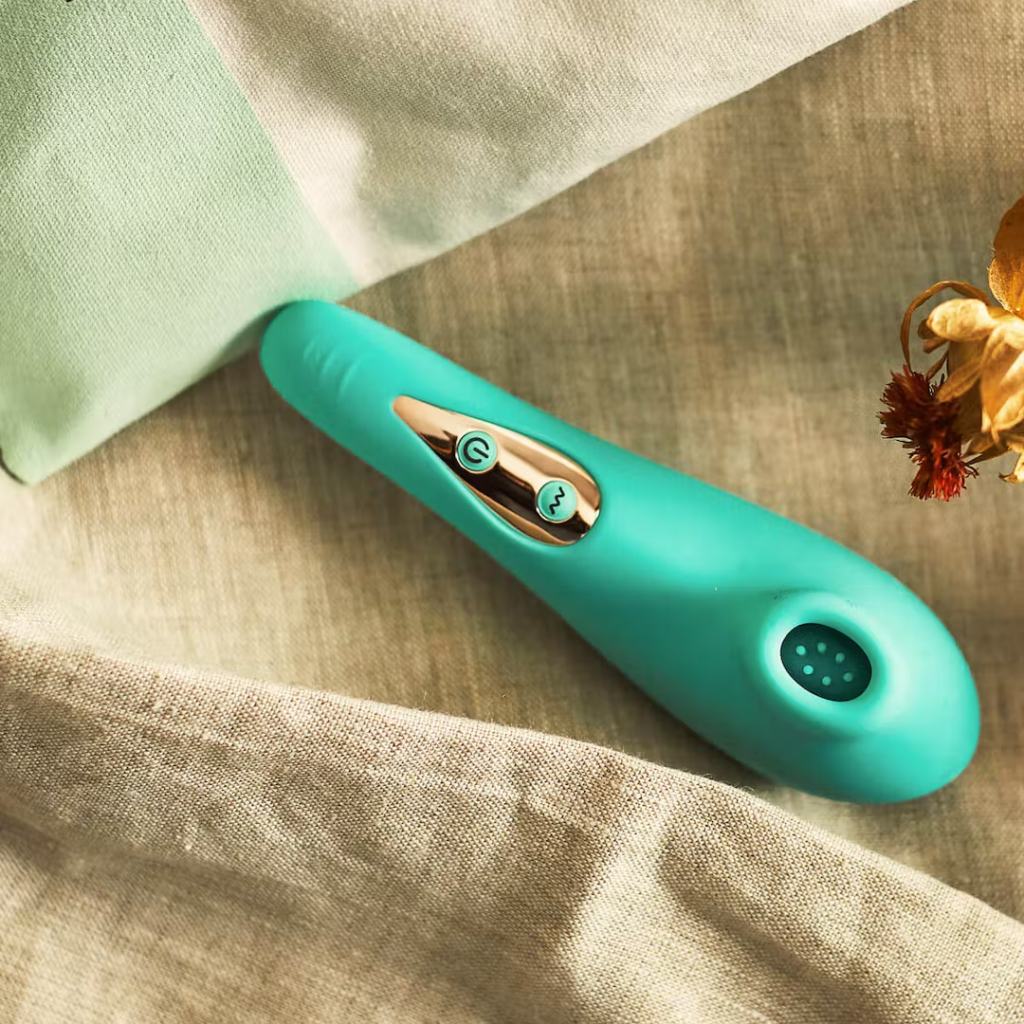
The sex toy industry is dirty, and not in the good way either. Products are often not made to last, use disposable batteries and are packaged with grotesque single use plastic. The Natural Love Company is proud of their long product obsolescence, rechargeable batteries and their beautiful sustainable packaging. From their fully recyclable mailer boxes, to their cute compostable cotton drawstring bags – it’s all plastic-free!
TNLC recognise that we all leave a footprint behind and therefore promise to offset everything they can calculate, and more. They do this by regularly calculating their carbon footprint and then funding sustainability projects that include The Ocean Foundation and 1% For The Planet in a proportional way. In addition, with partner Tree Nation, they help to fund tree planting initiatives around the globe and have so far planted over 6,000 trees!
All of their lubricants, toy cleaners and massage oils are 100% vegan-friendly and cruelty-free as standard.
Every single parcel dispatched is be delivered to you in recyclable, plastic-free packaging. The outer layer of every parcel you receive is plain and discreet and all packaging is sourced from solely recycled materials and is widely recyclable after use.
Love Not War
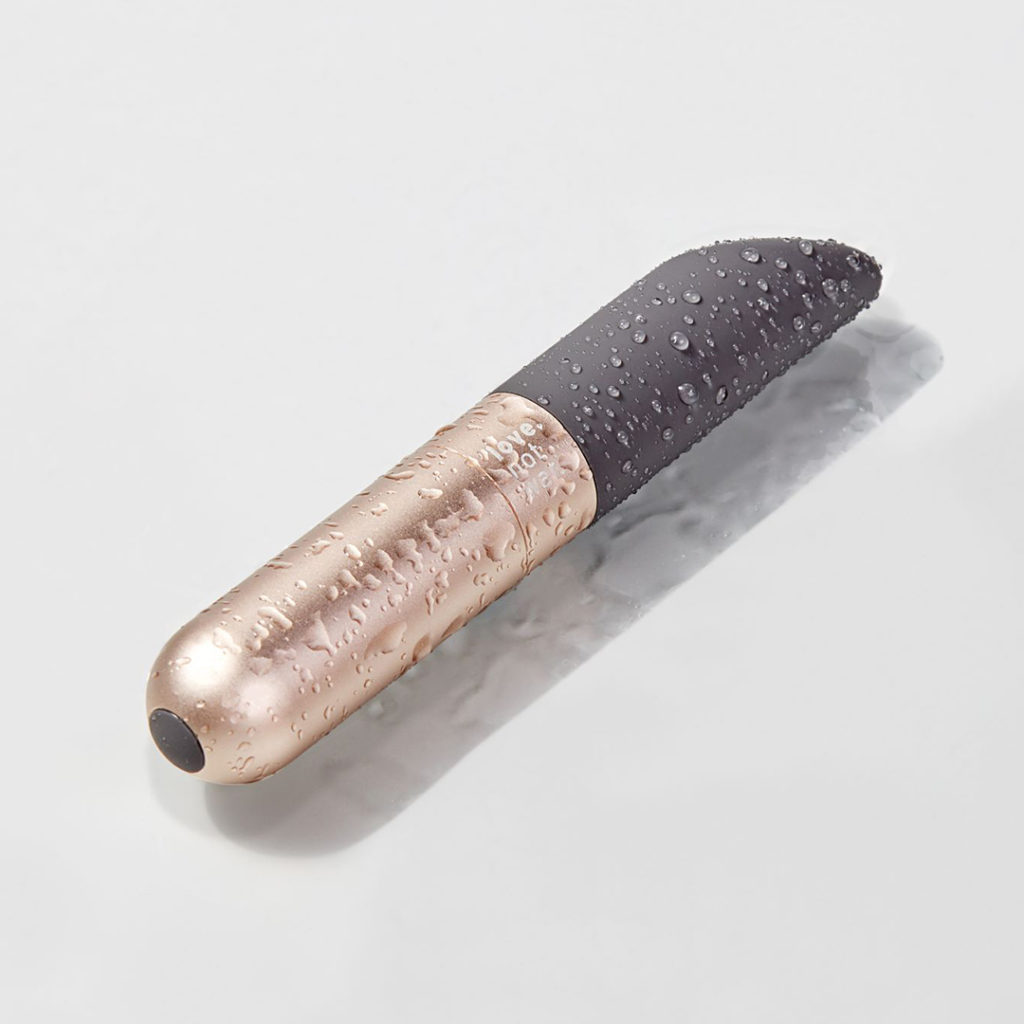

Love Not War know your pleasure is important, but it doesn’t come before the earth. That’s why they created the world’s first sustainable range of eco-friendly vibrator sex toys.
Since being founded in 2021, the British brand has launched a product range of sustainable toys developed and created in its custom built, green-powered factory using all recyclable and recycled materials including aluminum.
Four recycled 330ml cans provide enough aluminium to produce one toy. It also takes just one recycled daily newspaper (120g roughly) to produce enough eco-friendly cardboard to package two Love Not War units.
Using the highest quality materials, their environmentally friendly sex toys are built to last. Love not War have considered every detail, from using recycled and recyclable material, right down to the soy ink used in their card packaging. Their products are both good for you and good for Earth.
However, as with anything, they know that natural wearing of a product can happen after a long period of use. Therefore, to further their dedication to being as sustainable as possible, if an issue does happen to arise with your Love Not War toy, they commit to doing our best to repair it for you.
If upon inspection your toy can not be repaired, then they will happily recycle it for you at our custom-built, green-powered factory.
Save turning up the heat for the bedroom
Sex toys can make your sex life infinitely more satisfying and fun. Whether used with a partner or individually, they’re a powerful tool that can help achieve overall sexual and mental wellbeing and can even help us to better understand ourselves.
But as with anything, it shouldn’t cost us the Earth. Instead, keep the Earth in mind and you’ll find you can achieve a better sex life whilst bettering our world.
Celebrate your sensuality with our full curated selection of plastic-free sustainable sex toys made from recycled aluminnum and silicone, vegan-friendly lubricants, cleaners, and massage oils designed for ultimate pleasure and enjoyment.
